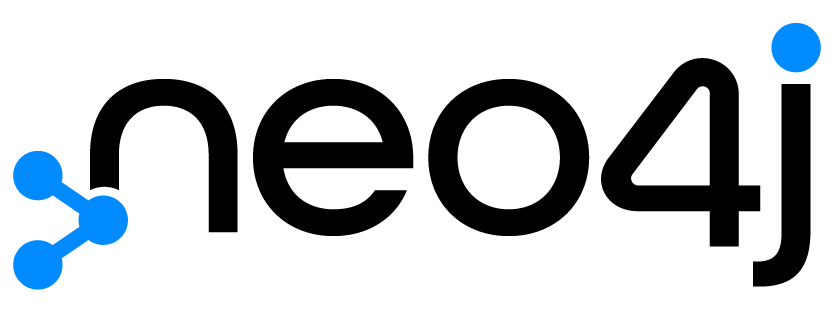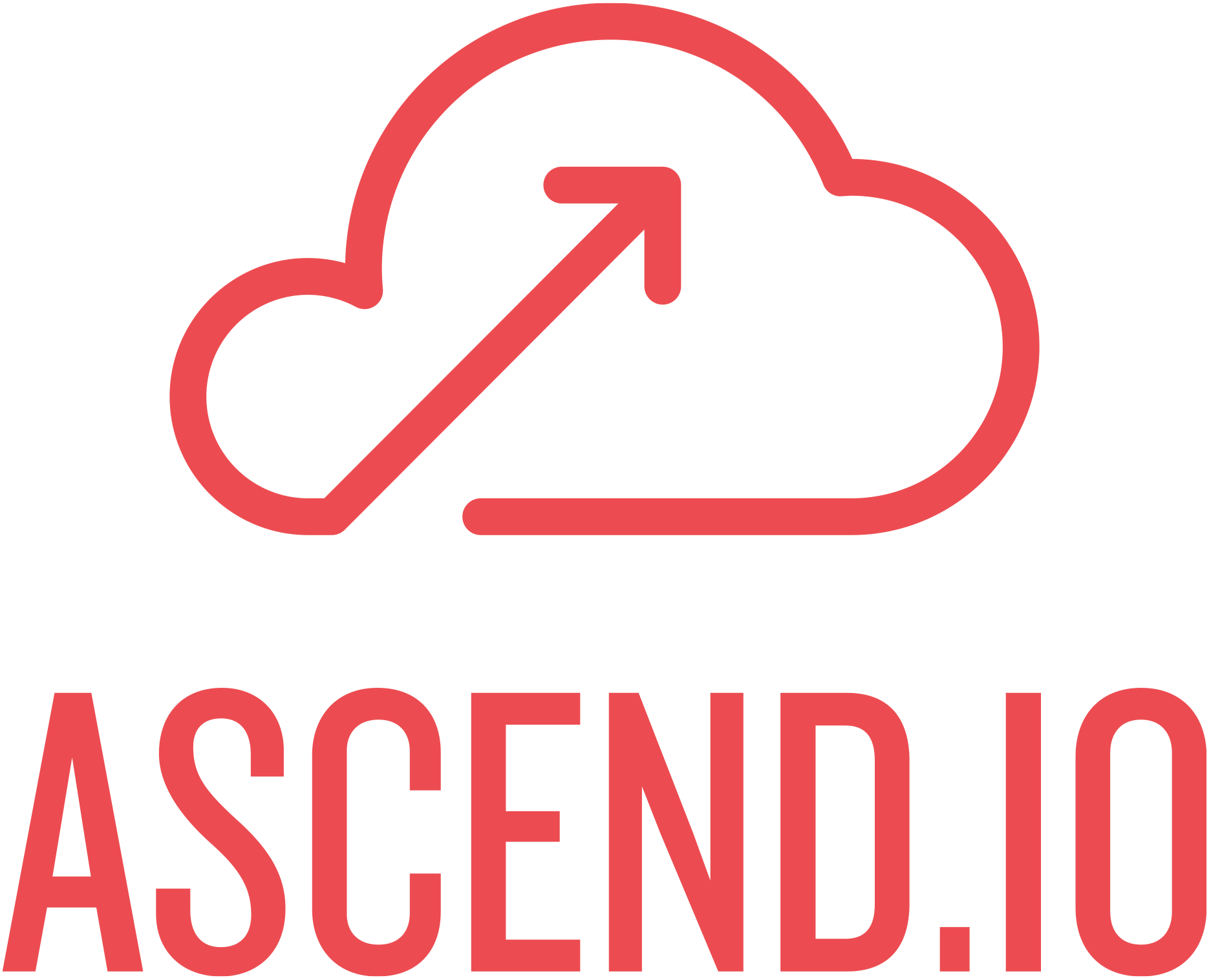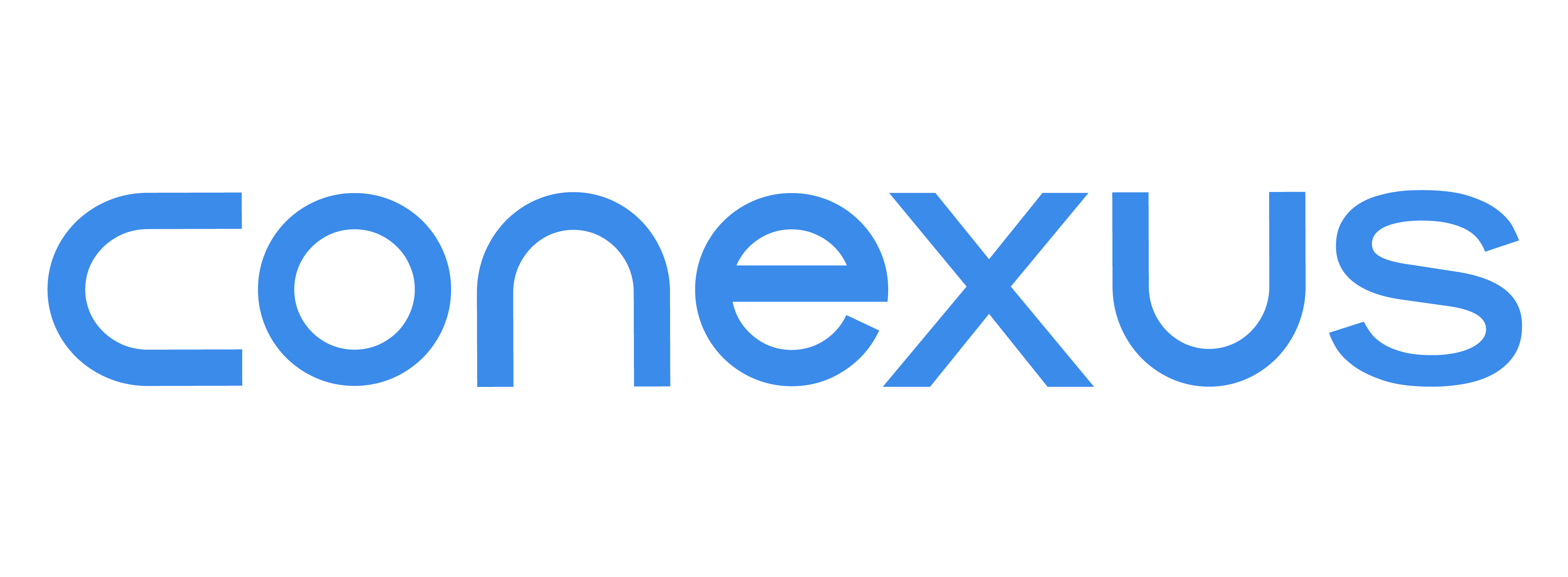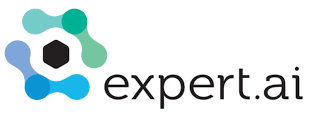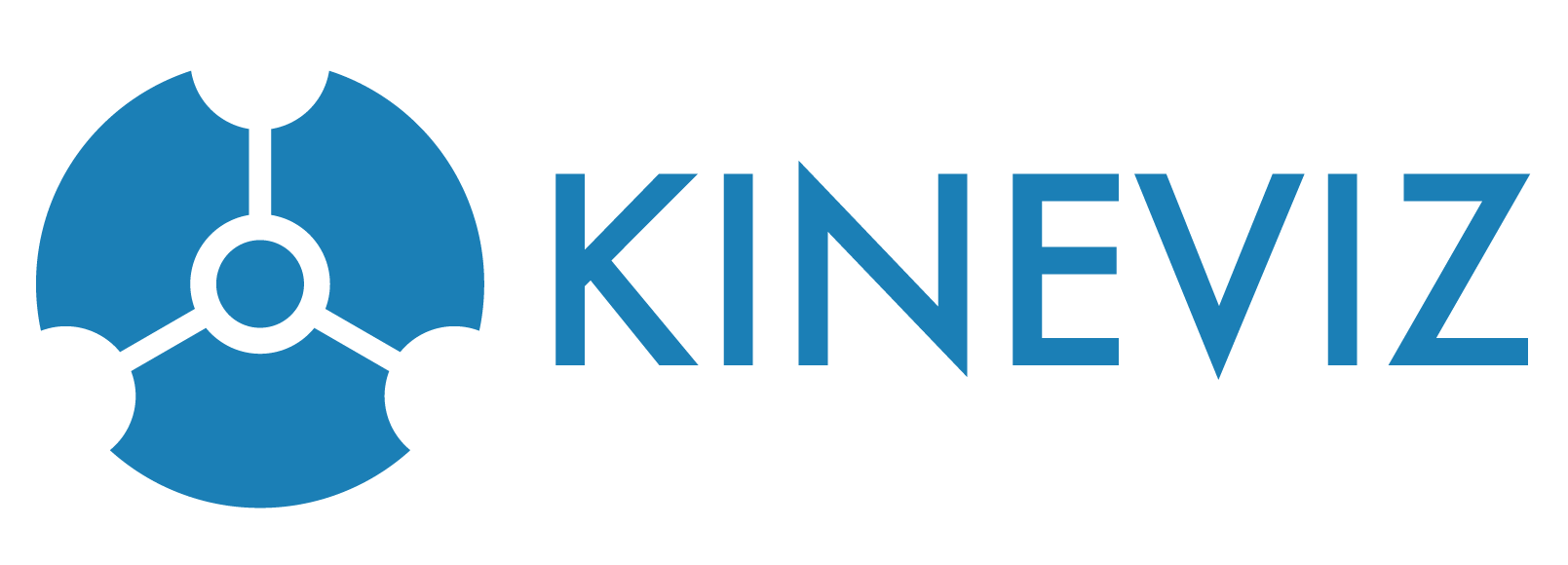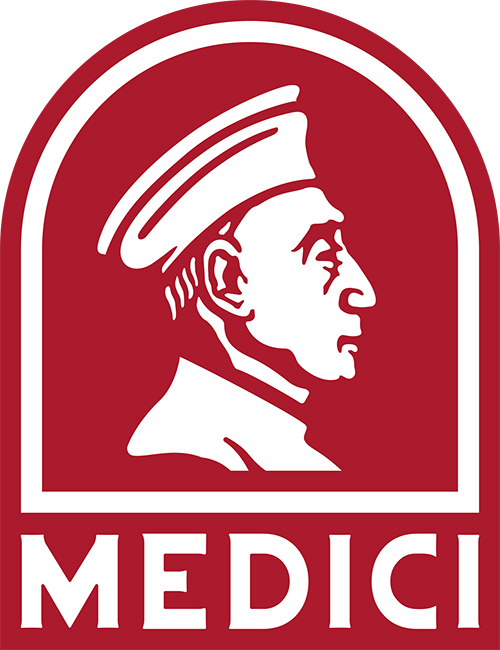Heather Hedden (Boston) @hhedden
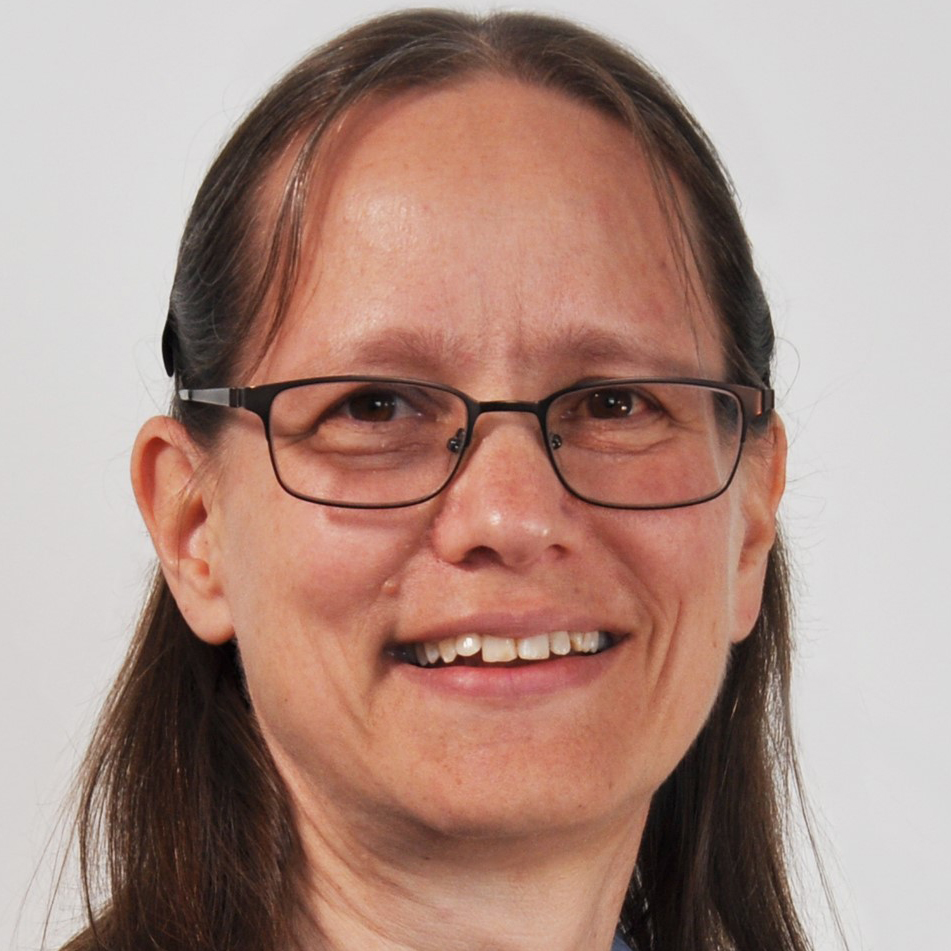 Heather Hedden (LinkedIn) has been a taxonomist for over 26 years in various organizations and as an independent consultant. She is currently a data and knowledge engineer on the professional services team of Semantic Web Company, vendor of PoolParty software. Previously worked as a taxonomist at Cengage Learning, Gale, Viziant, First Wind, and Project Performance Corporation. Heather has designed and developed, taxonomies, ontologies, and metadata schema for internal and externally published content. She gives workshops on taxonomy creation at conferences, as corporate training, and through an independently offered online course. Heather is author of The Accidental Taxonomist.
Heather Hedden (LinkedIn) has been a taxonomist for over 26 years in various organizations and as an independent consultant. She is currently a data and knowledge engineer on the professional services team of Semantic Web Company, vendor of PoolParty software. Previously worked as a taxonomist at Cengage Learning, Gale, Viziant, First Wind, and Project Performance Corporation. Heather has designed and developed, taxonomies, ontologies, and metadata schema for internal and externally published content. She gives workshops on taxonomy creation at conferences, as corporate training, and through an independently offered online course. Heather is author of The Accidental Taxonomist.
Heather will host the following two sessions:
Introduction to Taxonomies for Data Scientists (workshop)
The Future of Taxonomies - Linking data to knowledge (presentation).
Michael Hunger (Dresden) @mesirii
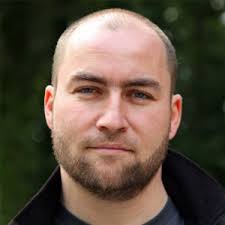 Michael Hunger (LinkedIn) Michael Hunger has been passionate about software development for more than 25 years. For the last 10 years, he has been working on the open source Neo4j graph database filling many roles, most recently leading the Neo4j Labs efforts. zAs caretaker of the Neo4j community and ecosystem he especially loves to work with graph-related projects, users, and contributors. As a developer Michael enjoys many aspects of programming languages, learning new things every day, participating in exciting and ambitious open source projects and contributing and writing software related books and articles. Michael spoke at numerous conferences and helped organized several of them. His efforts got him accepted to the JavaChampions program. Michael helps kids to learn to program by running weekly girls-only coding classes at local schools.
Michael Hunger (LinkedIn) Michael Hunger has been passionate about software development for more than 25 years. For the last 10 years, he has been working on the open source Neo4j graph database filling many roles, most recently leading the Neo4j Labs efforts. zAs caretaker of the Neo4j community and ecosystem he especially loves to work with graph-related projects, users, and contributors. As a developer Michael enjoys many aspects of programming languages, learning new things every day, participating in exciting and ambitious open source projects and contributing and writing software related books and articles. Michael spoke at numerous conferences and helped organized several of them. His efforts got him accepted to the JavaChampions program. Michael helps kids to learn to program by running weekly girls-only coding classes at local schools.
Michael will host the following session: Graph Database : ask me anything!.
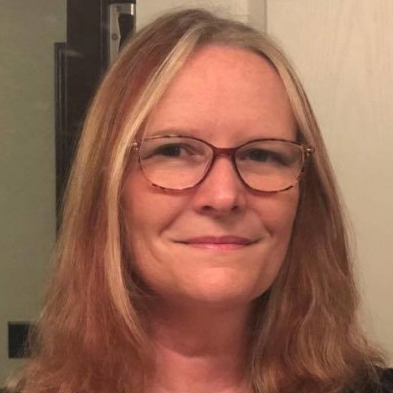 With two decades in the data management industry, Paige Roberts (Linkedin), has worked as an engineer, a trainer, a marketer, a product manager, and a consultant. Now, as Open Source Relations Manager at Vertica, she promotes understanding MPP data processing, open source, and how the analytics revolution is changing the world. Paige is contributor to the upcoming O'Reilly publication 97 Things Every Engineer Should know.
With two decades in the data management industry, Paige Roberts (Linkedin), has worked as an engineer, a trainer, a marketer, a product manager, and a consultant. Now, as Open Source Relations Manager at Vertica, she promotes understanding MPP data processing, open source, and how the analytics revolution is changing the world. Paige is contributor to the upcoming O'Reilly publication 97 Things Every Engineer Should know.
Paige is a total geek who is into role-playing games, LARP’ing in the SCA, Doctor Who, superheroes, space exploration, comics, Tolkien, etc. Paige writes and publishes fantasy and science fiction stories under her maiden name Paige E. Ewing. She won the Kennedy Space Center’s global Space Apps Challenge three years ago for coming up with an idea for growing food on Mars, And she's a pretty mean shot with a recurve, crossbow, or long bow.
Paige will host the following session: Shortcut MLOps with In-Database Machine Learning.
Yue Cathy Chang ( Sunnyvale ) @yuec
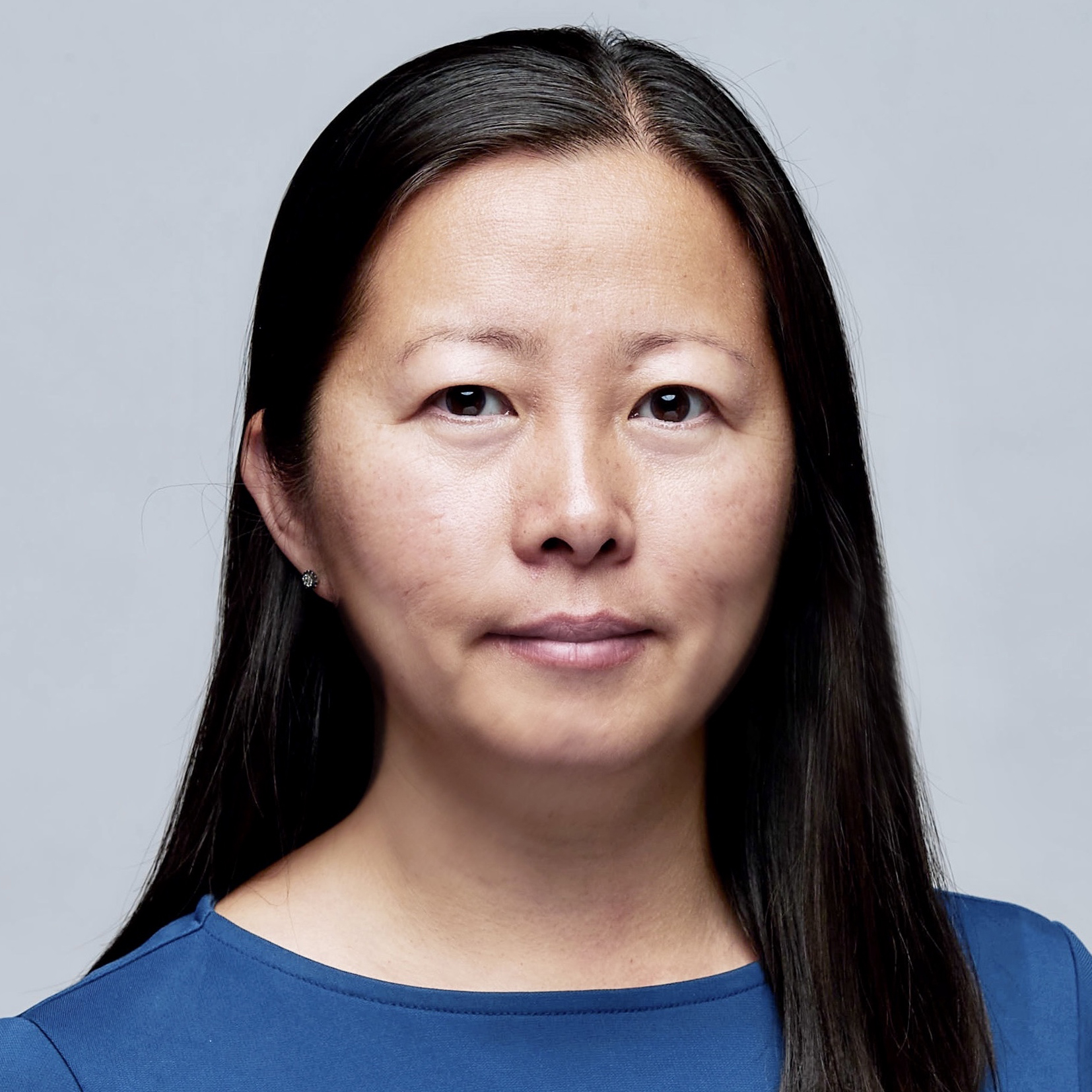 Yue Cathy Chang is an executive recognized for thought leadership and execution in digital transformation. She is passionate about addressing business challenges and often finds herself and her team "parachuting" into situations to tackle challenging and meaningful data needs. Cathy has led teams and functions at blue-chip enterprises as well as startups, across financial services and high-tech industries, working with leaders of centralized and distributed data teams, all betting the next product differentiation on data. She is currently an AVP in banking and financial services at an American multinational technology corporation.
Yue Cathy Chang is an executive recognized for thought leadership and execution in digital transformation. She is passionate about addressing business challenges and often finds herself and her team "parachuting" into situations to tackle challenging and meaningful data needs. Cathy has led teams and functions at blue-chip enterprises as well as startups, across financial services and high-tech industries, working with leaders of centralized and distributed data teams, all betting the next product differentiation on data. She is currently an AVP in banking and financial services at an American multinational technology corporation.
Cathy holds MS and BS degrees in electrical and computer engineering from Carnegie Mellon University, MBA and MS degrees from MIT, and two granted US patents. She's a co-author, with Jike Chong, of the Manning publication How to Lead in Data Science.
Cathy will co-present the following Data Science sessions:
For the overwhelmed data professionals: What to do when there is so much to do?
Data Professional's Career: Techniques to Practice Rigor and Avoid Ten Mistakes?
Shirshanka Das (Santa Clara) @shirshanka
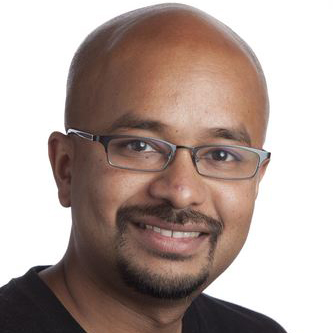 Shirshanka Das (LinkedIn) is co-founder and CEO of Acryl Data, the company which is commercializing the open source DataHub project, a real-time metadata platform used by LinkedIn, Expedia, Saxo Bank, Klarna, Viasat, and many others. Prior to founding Acryl, he was the overall architect for Big Data at LinkedIn from 2010 to 2020, and responsible for creating the metadata and data management strategy at the company. As part of this, he founded the DataHub project and shaped its evolution to a metadata platform that powers DataOps, MLOps, productivity, and governance use cases at LinkedIn. He is also a PMC and committer on the Apache Gobblin project which manages 100PB+ of data assets at rest at LinkedIn, and is deployed in production at other large companies like Verizon, PayPal etc. Prior to LinkedIn, Shirshanka worked on high-performance serving systems at Yahoo and PayPal. Shirshanka has a Ph.D. in Computer Science from UCLA.
Shirshanka Das (LinkedIn) is co-founder and CEO of Acryl Data, the company which is commercializing the open source DataHub project, a real-time metadata platform used by LinkedIn, Expedia, Saxo Bank, Klarna, Viasat, and many others. Prior to founding Acryl, he was the overall architect for Big Data at LinkedIn from 2010 to 2020, and responsible for creating the metadata and data management strategy at the company. As part of this, he founded the DataHub project and shaped its evolution to a metadata platform that powers DataOps, MLOps, productivity, and governance use cases at LinkedIn. He is also a PMC and committer on the Apache Gobblin project which manages 100PB+ of data assets at rest at LinkedIn, and is deployed in production at other large companies like Verizon, PayPal etc. Prior to LinkedIn, Shirshanka worked on high-performance serving systems at Yahoo and PayPal. Shirshanka has a Ph.D. in Computer Science from UCLA.
Shirshanka will present the following session: The Data Practitioner's Guide to Metadata
Paul Azunre (Austin) @pazunre
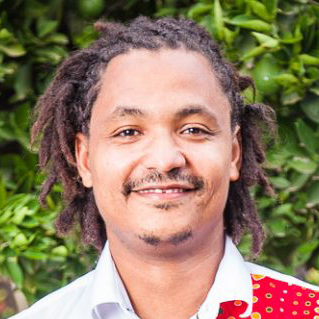 Paul Azunre (LinkedIn) holds a Ph.D. in Computer Science from MIT and has served as a Principal Investigator on several DARPA research programs. He has helped develop scientific software in key roles at established organizations such as Oracle and Dun & Bradstreet, as well as a variety of startups. He founded Algorine Inc., a Research Lab dedicated to advancing AI/ML and identifying scenarios where they can have a significant social impact. Paul also co-founded Ghana NLP, an open-source initiative focused on using NLP and Transfer Learning with Ghanaian and other low-resource languages. He frequently contributes to major peer-reviewed international research journals and serves as a program committee member at top conferences in the field.
Paul Azunre (LinkedIn) holds a Ph.D. in Computer Science from MIT and has served as a Principal Investigator on several DARPA research programs. He has helped develop scientific software in key roles at established organizations such as Oracle and Dun & Bradstreet, as well as a variety of startups. He founded Algorine Inc., a Research Lab dedicated to advancing AI/ML and identifying scenarios where they can have a significant social impact. Paul also co-founded Ghana NLP, an open-source initiative focused on using NLP and Transfer Learning with Ghanaian and other low-resource languages. He frequently contributes to major peer-reviewed international research journals and serves as a program committee member at top conferences in the field.
In his spare time, under the alias Dr. Pushkin, Paul is part of the underground hip-hop, R&B and Afrobeats/Afropop/Afrohiphop group - Isolirium (Spotify / Soundcloud).
Paul is also author of the recently published Transfer Learning for Natural Language Processing from Manning.
Paul will present the following session: Business Transformers - Leveraging Transfer Learning for B2B Insights.
Dr. Ying Ding (Austin)
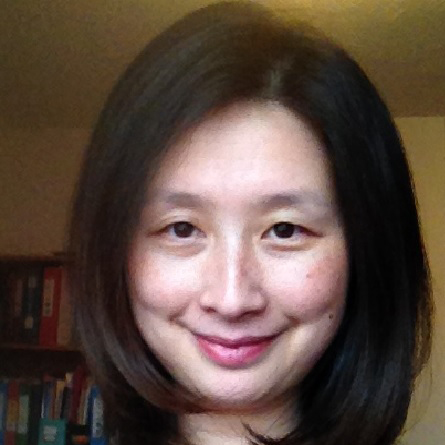 Dr. Ying Ding is the Bill & Lewis Suit Professor of Information Technology at the University of Texas School of Information. Before that, she was a professor and director of graduate studies for data science program at School of Informatics, Computing, and Engineering at Indiana University. She has led the effort to develop the online data science graduate program for Indiana University. She also worked as a senior researcher at Department of Computer Science, University of Innsburck (Austria) and Free University of Amsterdam (the Netherlands). She has been involved in various NIH, NSF and European-Union funded projects. She has published 240+ papers in journals, conferences, and workshops, and served as the program committee member for 200+ international conferences. She is the co-editor of book series called Semantic Web Synthesis by Morgan & Claypool publisher, the co-editor-in-chief for Data Intelligence published by MIT Press and Chinese Academy of Sciences, and serves as the editorial board member for several top journals in Information Science and Semantic Web. She is the co-founder of Data2Discovery company advancing cutting edge AI technologies in drug discovery and healthcare. Her current research interests include data-driven science of science, AI in healthcare, Semantic Web, knowledge graph, data science, scholarly communication, and the application of Web technologies.
Dr. Ying Ding is the Bill & Lewis Suit Professor of Information Technology at the University of Texas School of Information. Before that, she was a professor and director of graduate studies for data science program at School of Informatics, Computing, and Engineering at Indiana University. She has led the effort to develop the online data science graduate program for Indiana University. She also worked as a senior researcher at Department of Computer Science, University of Innsburck (Austria) and Free University of Amsterdam (the Netherlands). She has been involved in various NIH, NSF and European-Union funded projects. She has published 240+ papers in journals, conferences, and workshops, and served as the program committee member for 200+ international conferences. She is the co-editor of book series called Semantic Web Synthesis by Morgan & Claypool publisher, the co-editor-in-chief for Data Intelligence published by MIT Press and Chinese Academy of Sciences, and serves as the editorial board member for several top journals in Information Science and Semantic Web. She is the co-founder of Data2Discovery company advancing cutting edge AI technologies in drug discovery and healthcare. Her current research interests include data-driven science of science, AI in healthcare, Semantic Web, knowledge graph, data science, scholarly communication, and the application of Web technologies.
Ying will present the following session: Fighting COVID-19 using Knowledge Graphs
Amy Hodler (Kettle Falls, Washington) @amyhodler
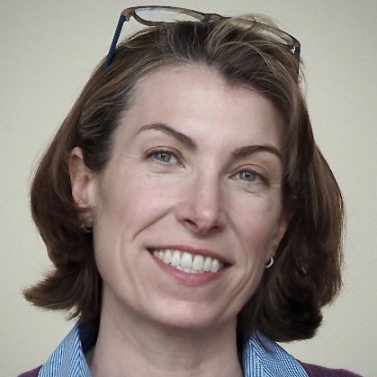 Amy Hodler is an evangelist for graph analytics, network science, and responsible AI. Amy has decades of experience in emerging tech at companies such as Microsoft, Hewlett-Packard (HP), Hitachi IoT, Neo4j, and Cray. At RelationalAI, she’s the Graph Evangelist and Sr. Director of Product Marketing. Amy has a love for science history and a fascination for complexity studies. Amy is the co-author of the O’Reilly books, Graph Algorithms: Practical Examples in Apache Spark and Neo4j, and Knowledge Graphs: Data in Context for Responsive Businesses.
Amy Hodler is an evangelist for graph analytics, network science, and responsible AI. Amy has decades of experience in emerging tech at companies such as Microsoft, Hewlett-Packard (HP), Hitachi IoT, Neo4j, and Cray. At RelationalAI, she’s the Graph Evangelist and Sr. Director of Product Marketing. Amy has a love for science history and a fascination for complexity studies. Amy is the co-author of the O’Reilly books, Graph Algorithms: Practical Examples in Apache Spark and Neo4j, and Knowledge Graphs: Data in Context for Responsive Businesses.
Amy will co-present the following sessions:
Relational Graphs Part I: Business Models Become the Program
Relational Graphs Part II: UN Demo of Composable Knowledge
Michelle Yi (SF Bay Area) @ YulleYi
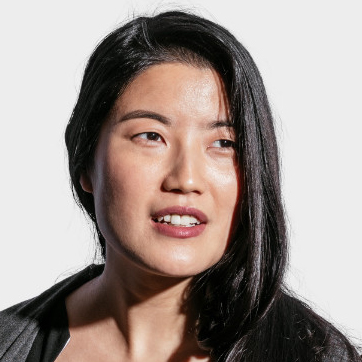 As the Senior Director for Applied Artificial Intelligence at RelationalAI, Michelle Yi specializes in machine learning and cloud computing and has 15+ years of experience translating cutting-edge technology to industry. Michelle contributed to the original IBM Watson showcased on Jeopardy and serves on multiple boards. She is also passionate about diversity, STEM education/careers for our minority communities, and is an avid volunteer with Girls Who Code.
As the Senior Director for Applied Artificial Intelligence at RelationalAI, Michelle Yi specializes in machine learning and cloud computing and has 15+ years of experience translating cutting-edge technology to industry. Michelle contributed to the original IBM Watson showcased on Jeopardy and serves on multiple boards. She is also passionate about diversity, STEM education/careers for our minority communities, and is an avid volunteer with Girls Who Code.
Michelle will co-present the following sessions:
Relational Graphs Part I: Business Models Become the Program
Relational Graphs Part II: UN Demo of Composable Knowledge
Ryan Michael (Raleigh-Durham-Chapel Hill Area)
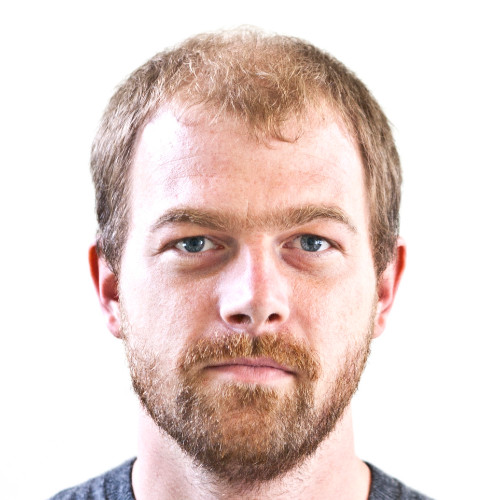 >Ryan Michael leads engineering at Kaskada, a machine learning company offering the first commercially available feature engine with time travel. Kaskada is pioneering a new way to think about feature engineering that enables flexible, data-dependent time travel without the possibility of temporal leakage. Ryan enjoys bringing a design mindset to challenging, novel problems and collaborating with talented cross-functional teams to bring innovative ideas to life. Before joining Kaskada, Ryan served as a principal software engineer at ReturnPath and was responsible for leading the development of ReturnPath’s streaming data infrastructure and their production data science platform.
>Ryan Michael leads engineering at Kaskada, a machine learning company offering the first commercially available feature engine with time travel. Kaskada is pioneering a new way to think about feature engineering that enables flexible, data-dependent time travel without the possibility of temporal leakage. Ryan enjoys bringing a design mindset to challenging, novel problems and collaborating with talented cross-functional teams to bring innovative ideas to life. Before joining Kaskada, Ryan served as a principal software engineer at ReturnPath and was responsible for leading the development of ReturnPath’s streaming data infrastructure and their production data science platform.
Ryan will present the following session: Unlocking time-based Machine Learning with a new paradigm for engineering features from event-based data.
Satoru Hayasaka (Austin) @sathayas42
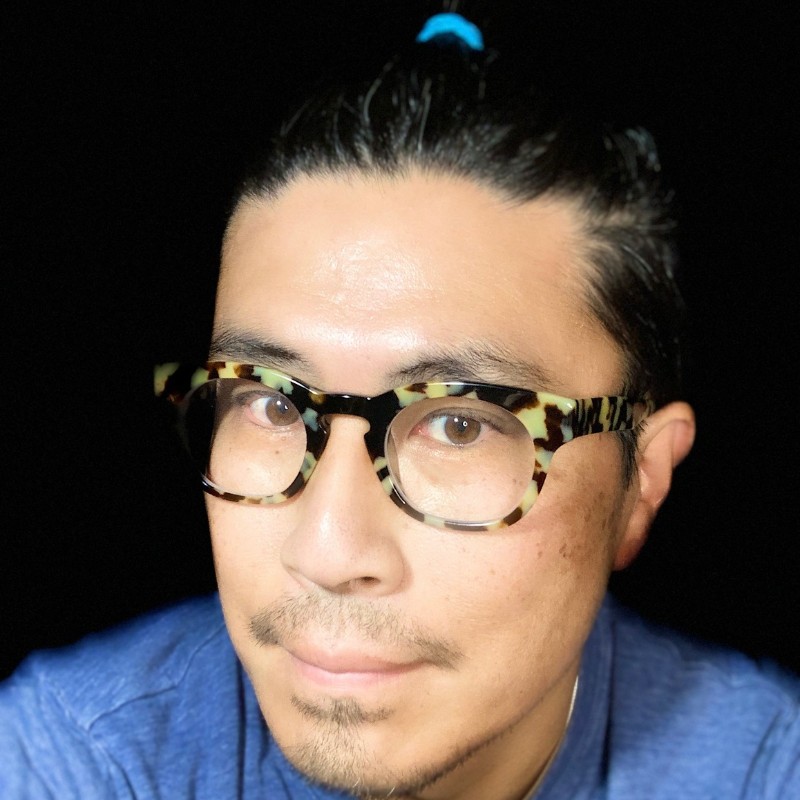 Dr. Satoru Hayasaka was trained in statistical analysis of various types of biomedical data. Since his doctoral training, he has taught several courses on data analysis geared toward non-experts and beginners. In recent years, he taught introductory machine learning courses to graduate students from different disciplines. Recently he joined KNIME as part of the evangelism team, and he continues teaching machine learning and data mining using KNIME Analytics Platform.
Dr. Satoru Hayasaka was trained in statistical analysis of various types of biomedical data. Since his doctoral training, he has taught several courses on data analysis geared toward non-experts and beginners. In recent years, he taught introductory machine learning courses to graduate students from different disciplines. Recently he joined KNIME as part of the evangelism team, and he continues teaching machine learning and data mining using KNIME Analytics Platform.
Satoru will present the following hands-on workshop: Introduction to Codeless Deep Learning.
Elliott Cordo (New Jersey)
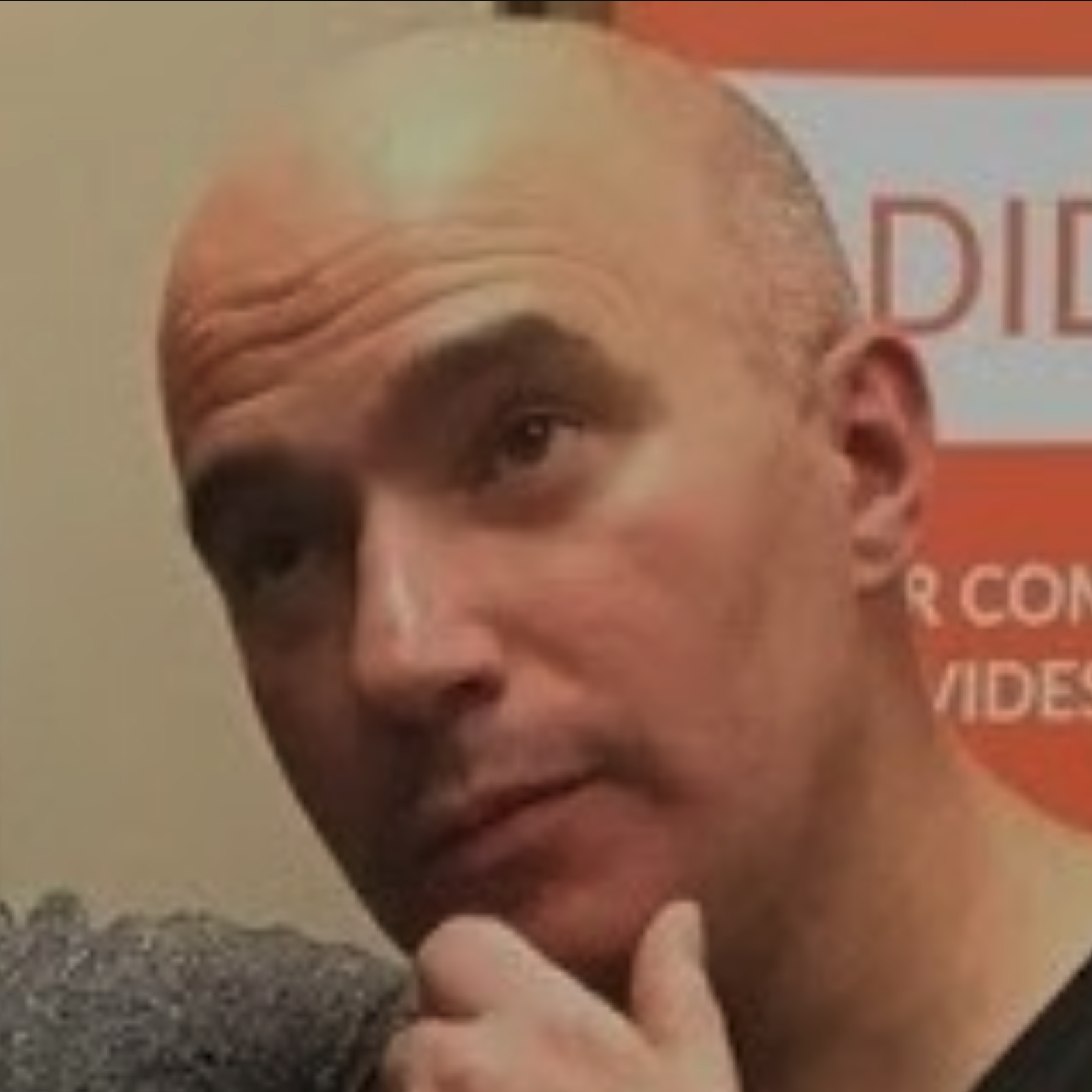 Elliott Cordo is an expert in data engineering, data warehousing, information management, and technology innovation with a passion for helping transform data into powerful information. He has more than a decade of experience implementing cutting-edge, data-driven applications. He has a passion for helping organizations understand the true potential in their data by working as a leader, architect, and hands-on contributor. Elliott has built nearly a dozen cloud-native data platforms on AWS, ranging from data warehouses and data lakes, to real-time activation platforms in companies ranging from small startups to large enterprises. In his current role as Head of Data at Capsule, Elliott is focused on building a cloud-native data and machine learning platform powering the pharmacy.
Elliott Cordo is an expert in data engineering, data warehousing, information management, and technology innovation with a passion for helping transform data into powerful information. He has more than a decade of experience implementing cutting-edge, data-driven applications. He has a passion for helping organizations understand the true potential in their data by working as a leader, architect, and hands-on contributor. Elliott has built nearly a dozen cloud-native data platforms on AWS, ranging from data warehouses and data lakes, to real-time activation platforms in companies ranging from small startups to large enterprises. In his current role as Head of Data at Capsule, Elliott is focused on building a cloud-native data and machine learning platform powering the pharmacy.
Elliott will present the following session: Building a Modern Data Platform Using Advanced Redshift Topologies.
Andy Petrella (Liège, Belgium) @noootsab
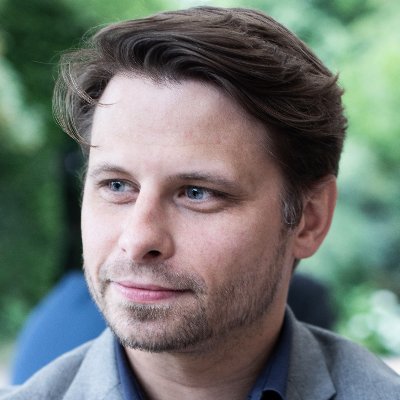 Andy Petrella is an entrepreneur with a Mathematics and Distributed Data background.Andy is an early evangelist of Apache Spark and the Spark Notebook creator in the data community. He is also an O'Reilly author of “What is Data Observability”, “What is Data Governance”, and trainer “Distributed Data Science”, “Data Lineage Essentials”, “Machine Learning Model Monitoring”.Andy is also the founder and CEO of Kensu, a data observability solution implementing the Data Observability Driven Development (DODD) method.
Andy Petrella is an entrepreneur with a Mathematics and Distributed Data background.Andy is an early evangelist of Apache Spark and the Spark Notebook creator in the data community. He is also an O'Reilly author of “What is Data Observability”, “What is Data Governance”, and trainer “Distributed Data Science”, “Data Lineage Essentials”, “Machine Learning Model Monitoring”.Andy is also the founder and CEO of Kensu, a data observability solution implementing the Data Observability Driven Development (DODD) method.
Andy will present the following session: What is Data Observability, and why should data teams consider it?
Borislav Iordanov (Montreal) @bolerio
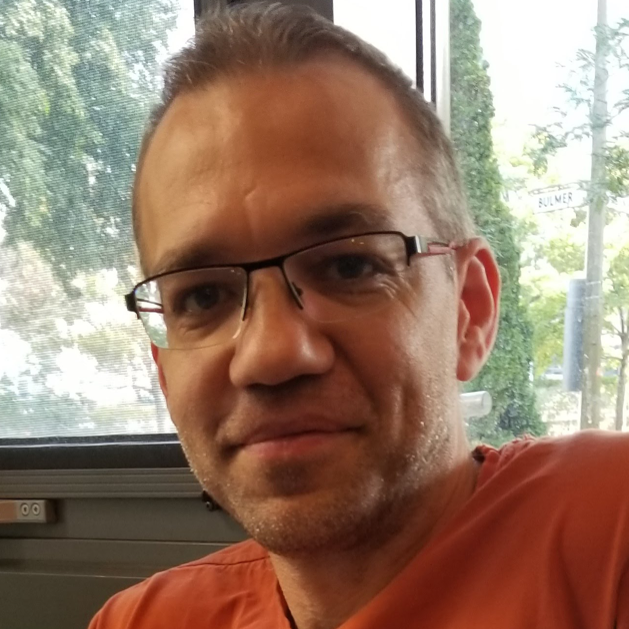 Borislav Iordanov developed one of the first open-source graph databases in the early NoSQL days, HyperGraphDB, but really his main focus and interests have always been around knowledge representation and software development. He built an OWL based, model-driven, low code enterprise application in the late 00s which earned some awards and accolades for innovation in government. Then after several graph related startups or consulting gigs, he has recently jointly Semantic Arts, a wonderful group of people with whom he shares the conviction that a data centric architecture will solve a lot of your problems.
Borislav Iordanov developed one of the first open-source graph databases in the early NoSQL days, HyperGraphDB, but really his main focus and interests have always been around knowledge representation and software development. He built an OWL based, model-driven, low code enterprise application in the late 00s which earned some awards and accolades for innovation in government. Then after several graph related startups or consulting gigs, he has recently jointly Semantic Arts, a wonderful group of people with whom he shares the conviction that a data centric architecture will solve a lot of your problems.
Boris will present the following session: What's up with upper ontologies?.
Michael Uschold (Seattle, WA ) @UscholdM
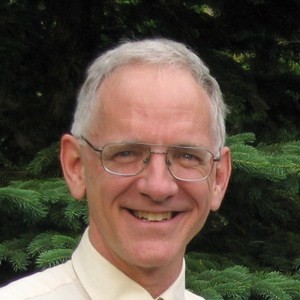 Michael Uschold, Senior Ontology Consultant at Semantic Arts, has over twenty-five years’ experience in developing and transitioning semantic technology from academia to industry. He pioneered the field of ontology engineering, co-authoring the first paper and giving the first tutorial on the topic in 1995 in the UK.
Michael Uschold, Senior Ontology Consultant at Semantic Arts, has over twenty-five years’ experience in developing and transitioning semantic technology from academia to industry. He pioneered the field of ontology engineering, co-authoring the first paper and giving the first tutorial on the topic in 1995 in the UK.
As a senior ontology consultant at Semantic Arts since October 2010, Michael trains and guides clients to better understand and leverage semantic technology using knowledge graphs. He has built commercial enterprise ontologies in digital asset management, finance, healthcare, legal research, consumer products, electrical devices, manufacturing and corporation registration. More recently he has focused on semantic application development using SPARQL for application code and R2RML for converting relational data into a knowledge graph.
During 2008-2009, Uschold worked at Reinvent on a team that developed a semantic advertising platform that substantially increased revenue. As a research scientist at Boeing from 1997-2008 he defined, led and participated in numerous projects applying semantic technology to enterprise challenges. He is a frequent invited speaker and panelist at national and international events, and serves on the editorial board of the Applied Ontology Journal. He received his Ph.D. in AI from Edinburgh University in 1991 and an MSc. from Rutgers University in Computer Science in 1982.
Michael will present the following 90 minute workshop: Ontology for Data Scientists
Michael will also participate in the following panel: How do you scale a Knowledge Graph when there is no consensus?
Bob Van Luijt (Amsterdam) @bobvanluijt
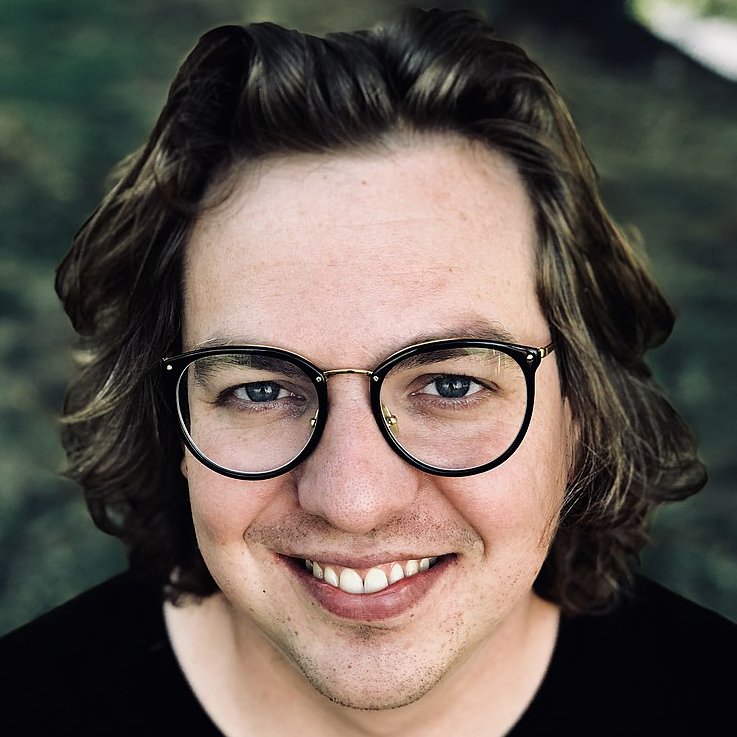 Bob van Luijt (LinkedIn / Wikipedia) is a technology entrepreneur, technologist, and new media artist from the Netherlands. Starting his first software business at the age of 15, Bob is co-creator of the open source vector search engine Weaviate as well as co-founder of SeMI Technologies, the company that helps drive its development, Bob's work bridges across art and technology. During his late teens and early twenties, Bob studied music in The Netherlands (ArtEZ) and received a Fulbright scholarship to study at Berklee college of music in Boston. After his studies, he grew his software consultancy business focussing on software enabled business models and products working for a number of enterprise clients in Europe while creating multiple software-art installations which were exhibited at a variety of tech-art and design festivals in Europe and the US. Bob has spoken at over 100 events on the topics of software, business models and creativity in Europe and the US.
Bob van Luijt (LinkedIn / Wikipedia) is a technology entrepreneur, technologist, and new media artist from the Netherlands. Starting his first software business at the age of 15, Bob is co-creator of the open source vector search engine Weaviate as well as co-founder of SeMI Technologies, the company that helps drive its development, Bob's work bridges across art and technology. During his late teens and early twenties, Bob studied music in The Netherlands (ArtEZ) and received a Fulbright scholarship to study at Berklee college of music in Boston. After his studies, he grew his software consultancy business focussing on software enabled business models and products working for a number of enterprise clients in Europe while creating multiple software-art installations which were exhibited at a variety of tech-art and design festivals in Europe and the US. Bob has spoken at over 100 events on the topics of software, business models and creativity in Europe and the US.
Bob will present the following session: Introduction to Vector Search Engines
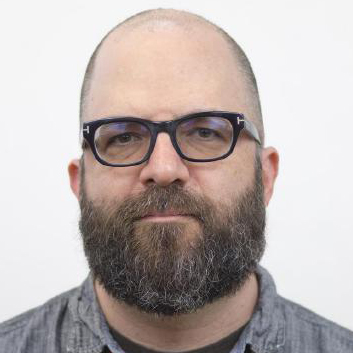 Kirk Marple is a customer-focused technology leader with extensive expertise with cloud-based microservices, scalable multimedia data ingestion, knowledge graphs (entity extraction/enrichment), machine learning and computer vision integration, and CPU/GPU-based file and data processing workflows.
Kirk Marple is a customer-focused technology leader with extensive expertise with cloud-based microservices, scalable multimedia data ingestion, knowledge graphs (entity extraction/enrichment), machine learning and computer vision integration, and CPU/GPU-based file and data processing workflows.
Kirk will present the following session: Unstructured Data Management: It's not just for your documents.
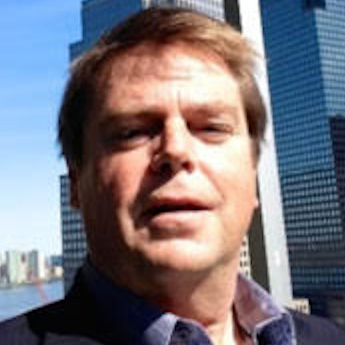 Arthur Keen has a Ph.D. in Industrial Engineering and Computer Science from Texas A&M university. He has over 20 years experience developing solutions and products in graph analytics, AI, and semantics. He has worked in diverse domains including intelligence, cyber, financial services, logistics, retail, and energy. He has led 3 products from concept to general availability, is listed as inventor on 7 graph-related patents, and is a frequent speaker at conferences.
Arthur Keen has a Ph.D. in Industrial Engineering and Computer Science from Texas A&M university. He has over 20 years experience developing solutions and products in graph analytics, AI, and semantics. He has worked in diverse domains including intelligence, cyber, financial services, logistics, retail, and energy. He has led 3 products from concept to general availability, is listed as inventor on 7 graph-related patents, and is a frequent speaker at conferences.
Arthur will present the following session: Machine Learning, Semantics, and Knowledge Graphs.
Leo Meyerovich (San Francisco) @lmeyerov
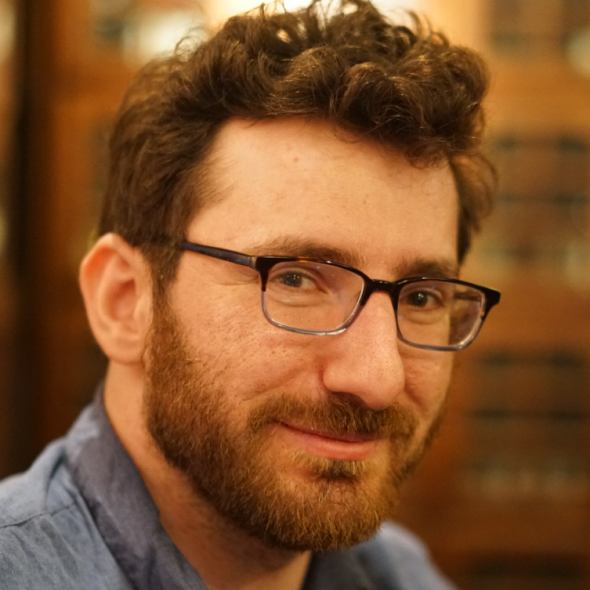 Leo Meyerovich is the founder & CEO of Graphistry, the first GPU-accelerated visual graph intelligence platform. Federal, enterprise, science, and tech teams use Graphistry on problems like threat hunting, anti-fraud, user analytics, supply chains, and genomics. Leo's past research at UC Berkeley (PhD) and Brown (ScB) in high performance computing, security, and programming language design received the SIGPLAN 10 Year Test of Time award, multiple best paper awards, and is published in CACM, Security & Privacy, WWW, and others. Several of the ideas are now found in popular browsers, web frameworks, and cloud infrastructure providers. More recently, he helped start the GPU dataframe ecosystem, the initial Apache Arrow implementation, and the medical anti-misinformation open AI effort Project Domino.
Leo Meyerovich is the founder & CEO of Graphistry, the first GPU-accelerated visual graph intelligence platform. Federal, enterprise, science, and tech teams use Graphistry on problems like threat hunting, anti-fraud, user analytics, supply chains, and genomics. Leo's past research at UC Berkeley (PhD) and Brown (ScB) in high performance computing, security, and programming language design received the SIGPLAN 10 Year Test of Time award, multiple best paper awards, and is published in CACM, Security & Privacy, WWW, and others. Several of the ideas are now found in popular browsers, web frameworks, and cloud infrastructure providers. More recently, he helped start the GPU dataframe ecosystem, the initial Apache Arrow implementation, and the medical anti-misinformation open AI effort Project Domino.
Leo will present the following session: What is Graph Intelligence?.
Alexander Morrise (Albany, California)
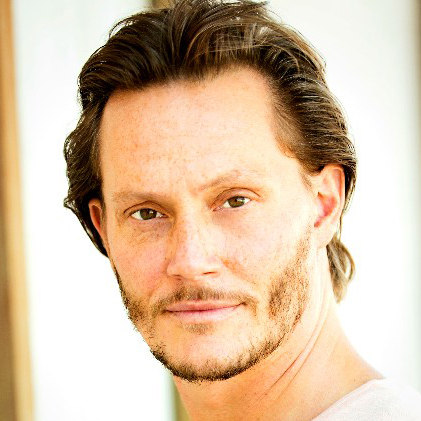 Alexander Morrise, PhD (Head of Data Science, Graphistry), is a leader in machine learning at the interface of artificial intelligence, natural language processing, and graph neural networks. Alex heads the development of Graphistry[AI], a popular open source graph autoML GPU toolkit that helps convert any data source like CSVs, Databricks, SQL, logs, and graph databases into powerful graph AI visualizations and models. His team works with clients ranging from cybersecurity, fraud, & misinformation to patient & user journeys to the world's largest supply chains. At past startups, he’s built AI systems in fields ranging from news, music, and entertainment (recommender systems) to chip design, process management and quantified self systems for both private and federal customers. Projects include developing AI-powered products for Beats Music (acquired by Apple), Quid (acquired by NetBase), Boomtrain (acquired by ZetaGlobal), Idle Games (acquired by GSN), architecting a privacy-preserving AI that extracts contexts and helps team work at tehama.io, and co-founding Stayopen.com, a modern hotel experience for adventurers seeking community. Before AI startups, Dr. Morrise was a Assistant Professor of Theoretical Physics at USC, Spain, working on topics in Quantum Gravity, Early Universe Cosmology, Particle Phenomenology and String Theory.
Alexander Morrise, PhD (Head of Data Science, Graphistry), is a leader in machine learning at the interface of artificial intelligence, natural language processing, and graph neural networks. Alex heads the development of Graphistry[AI], a popular open source graph autoML GPU toolkit that helps convert any data source like CSVs, Databricks, SQL, logs, and graph databases into powerful graph AI visualizations and models. His team works with clients ranging from cybersecurity, fraud, & misinformation to patient & user journeys to the world's largest supply chains. At past startups, he’s built AI systems in fields ranging from news, music, and entertainment (recommender systems) to chip design, process management and quantified self systems for both private and federal customers. Projects include developing AI-powered products for Beats Music (acquired by Apple), Quid (acquired by NetBase), Boomtrain (acquired by ZetaGlobal), Idle Games (acquired by GSN), architecting a privacy-preserving AI that extracts contexts and helps team work at tehama.io, and co-founding Stayopen.com, a modern hotel experience for adventurers seeking community. Before AI startups, Dr. Morrise was a Assistant Professor of Theoretical Physics at USC, Spain, working on topics in Quantum Gravity, Early Universe Cosmology, Particle Phenomenology and String Theory.
Alexander will present the following workshop: A 90 minute hands-on GNN Primer.
Jans Aasman (SF Bay)
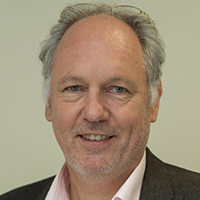 Jans Aasman (Wikipedia / LinkedIn) is a Ph.D. psychologist and expert in Cognitive Science - as well as CEO of Franz Inc., an early innovator in Artificial Intelligence and provider of the graph database, AllegroGraph. As both a scientist and CEO, Dr. Aasman continues to break ground in the areas of Artificial Intelligence and Knowledge Graphs as he works hand-in- hand with numerous Fortune 500 organizations as well as US and Foreign governments. Jans recently authored an IEEE article on “Enterprise Knowledge Graphs”.
Jans Aasman (Wikipedia / LinkedIn) is a Ph.D. psychologist and expert in Cognitive Science - as well as CEO of Franz Inc., an early innovator in Artificial Intelligence and provider of the graph database, AllegroGraph. As both a scientist and CEO, Dr. Aasman continues to break ground in the areas of Artificial Intelligence and Knowledge Graphs as he works hand-in- hand with numerous Fortune 500 organizations as well as US and Foreign governments. Jans recently authored an IEEE article on “Enterprise Knowledge Graphs”.
Dr. Aasman spent a large part of his professional life in telecommunications research, specializing in applied Artificial Intelligence projects and intelligent user interfaces. He gathered patents in the areas of speech technology, multimodal user interaction, recommendation engines while developing precursor technology for tablets and personal assistants. He was also a professor in the Industrial Design department of the Technical University of Delft. Dr. Aasman is a noted conference speaker at such events as Smart Data, NoSQL Now, International Semantic Web Conference, GeoWeb, AAAI, Enterprise Data World, Text Analytics, and TTI Vanguard to name a few.
Jans will be presenting the following session: What Happens Next? Event Predictions with Machine Learning and Graph Neural Networks
Dave Bechberger ( Anchorage ) @bechbd
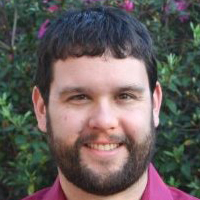 Dave Bechberger is a Sr. Graph Architect on the AWS Neptune service team. A long time graph and distributed data practitioner, Dave has spent over 20 years in full stack software development and specializes in building data architectures in complex data domains such as bioinformatics, oil and gas, supply chain management, etc. Dave has previously spoken at a variety of national and international technical conferences including NDC Oslo, NDC London, as well as previous GraphDay conferences in Texas, San Francisco and Seattle. He is a co-author of Graph Databases in Action by Manning Publications.
Dave Bechberger is a Sr. Graph Architect on the AWS Neptune service team. A long time graph and distributed data practitioner, Dave has spent over 20 years in full stack software development and specializes in building data architectures in complex data domains such as bioinformatics, oil and gas, supply chain management, etc. Dave has previously spoken at a variety of national and international technical conferences including NDC Oslo, NDC London, as well as previous GraphDay conferences in Texas, San Francisco and Seattle. He is a co-author of Graph Databases in Action by Manning Publications.
Dave will present the following session: A gentle introduction to using graph neural networks on knowledge graphs.
Jike Chong (Sunnyvale) @jikechong
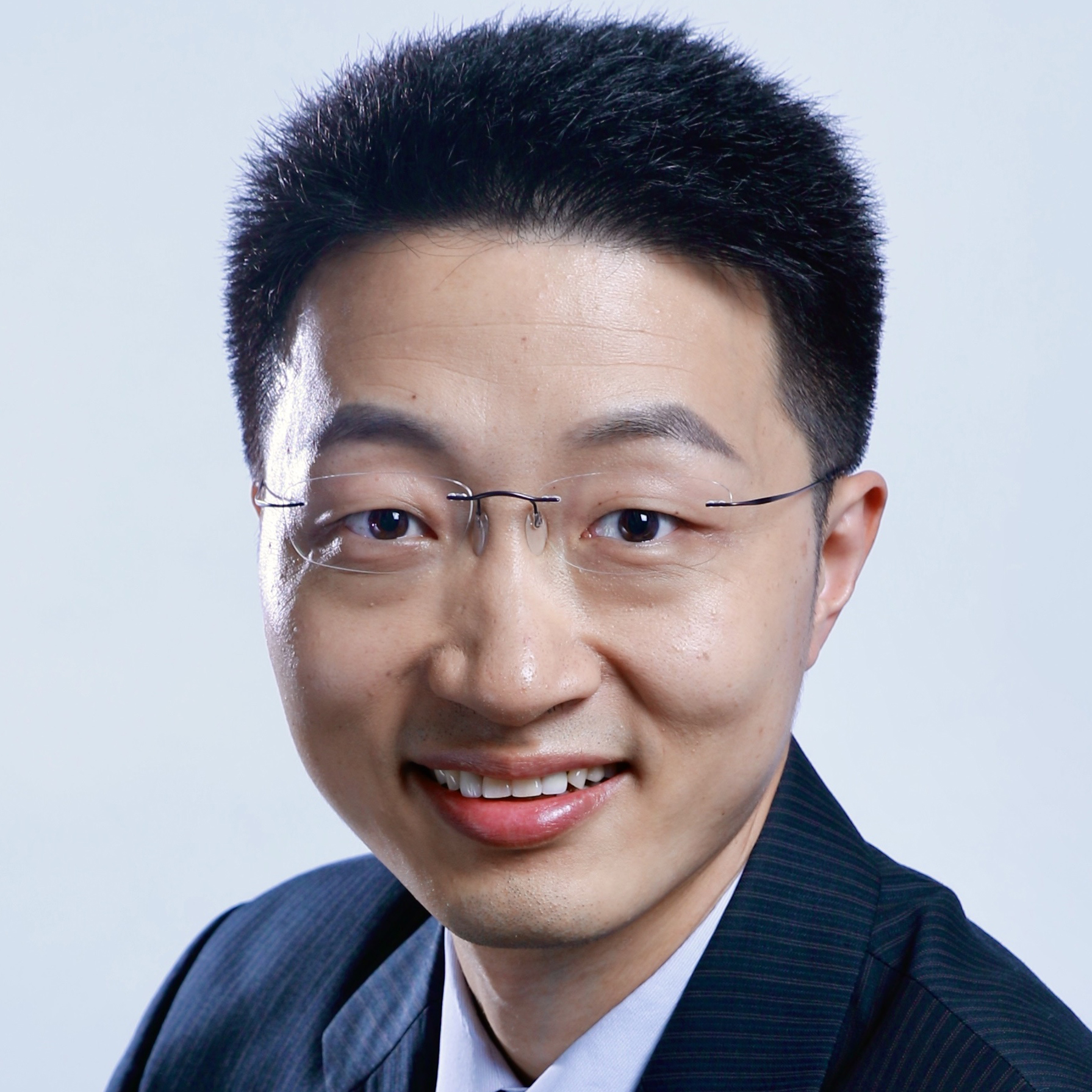 Jike Chong is an executive who nurtures teams and crafts cultures to produce billion-dollar business impacts. He built and grew multiple high-performing data functions in public and private companies and nurtured dozens of ambitious individual contributor data scientists into leaders; some have gone on to lead teams of more than 70 data scientists. Jike was part of the executive team that took Yiren Digital Ltd public on NYSE. He also expanded and led the data team as the chief data scientist at Acorns, designed and executed a project predicting venture investment risks at Silver Lake, and led the Hiring Marketplace Data Science team at LinkedIn, serving a business line with $4B a year in revenue.
Jike Chong is an executive who nurtures teams and crafts cultures to produce billion-dollar business impacts. He built and grew multiple high-performing data functions in public and private companies and nurtured dozens of ambitious individual contributor data scientists into leaders; some have gone on to lead teams of more than 70 data scientists. Jike was part of the executive team that took Yiren Digital Ltd public on NYSE. He also expanded and led the data team as the chief data scientist at Acorns, designed and executed a project predicting venture investment risks at Silver Lake, and led the Hiring Marketplace Data Science team at LinkedIn, serving a business line with $4B a year in revenue.
Jike received his bachelor’s and master’s degrees in electrical and computer engineering from Carnegie Mellon University and a PhD in electrical engineering and computer science from the University of California, Berkeley. He's a co-author, with Yue Cathy Chang of the Manning publication How to Lead in Data Science.
Jike will co-present the following Data Science session:
For the overwhelmed data professionals: What to do when there is so much to do?
Data Professional's Career: Techniques to Practice Rigor and Avoid Ten Mistakes?
Max De Marzi (Chicago) @maxdemarzi
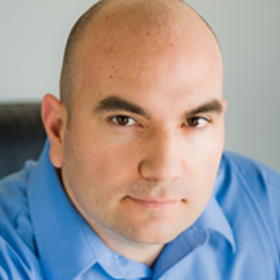 Marx De Marzi (Linkedin) is addicted to graphs. You may consider him a graph database enthusiast. He spent 8 years at Neo4j and recently made the swith to AWS Neptune. He is a blogger and an open source contributor, both activities which stem from passion: teaching people about graphs. He is always open to talk graphs, always learning, and nothing thrills him more than finding easy graph solutions to hard relational problems. He has been helping people get to the "graph epiphany" for over a decade. He is an avid graph database modeler, leveraging his knowledge of mechanical sympathy and experience to deliver dozens of graph uses cases over the years.
Marx De Marzi (Linkedin) is addicted to graphs. You may consider him a graph database enthusiast. He spent 8 years at Neo4j and recently made the swith to AWS Neptune. He is a blogger and an open source contributor, both activities which stem from passion: teaching people about graphs. He is always open to talk graphs, always learning, and nothing thrills him more than finding easy graph solutions to hard relational problems. He has been helping people get to the "graph epiphany" for over a decade. He is an avid graph database modeler, leveraging his knowledge of mechanical sympathy and experience to deliver dozens of graph uses cases over the years.
Max will present the following session: Outrageous ideas for Graph Databases
Thorsten Liebig (Ulm, Baden-Württemberg, Germany) @tliebig
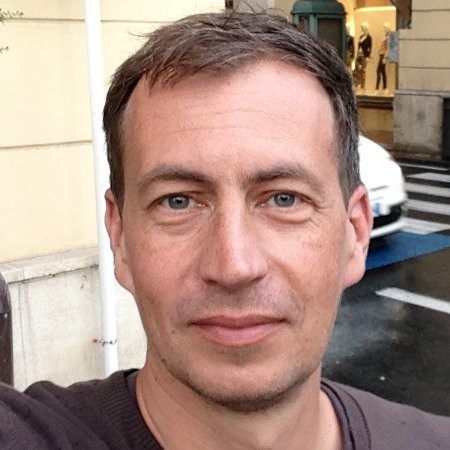 Thorsten Liebig is co-founder and managing director of derivo GmbH. In this role he supports companies and organizations to reveal and exploit the knowledge in their data sources by means of semantic technologies. His scientific background is in ontologies and reasoning methods. As part of his responsibilities at derivo, Thorsten has contributed to Knowledge Graph projects at Festo, Siemens or Springer Nature. His key expertise is in KG modeling, rule-based reasoning and graph visualization.He is part of team behind SemSpect a graph exploration and querying tool for RDF & Neo4j and writes articles for the official Neo4j Blog. Thorsten was responsible co-author of OWLlink, an official W3C member submission and is co-organizing the Scalable Semantic Web Systems workshop series.
Thorsten Liebig is co-founder and managing director of derivo GmbH. In this role he supports companies and organizations to reveal and exploit the knowledge in their data sources by means of semantic technologies. His scientific background is in ontologies and reasoning methods. As part of his responsibilities at derivo, Thorsten has contributed to Knowledge Graph projects at Festo, Siemens or Springer Nature. His key expertise is in KG modeling, rule-based reasoning and graph visualization.He is part of team behind SemSpect a graph exploration and querying tool for RDF & Neo4j and writes articles for the official Neo4j Blog. Thorsten was responsible co-author of OWLlink, an official W3C member submission and is co-organizing the Scalable Semantic Web Systems workshop series.
Thorsten will present the following session: Connecting the Dots in a Million Node Graph
David Hughes (Seattle)
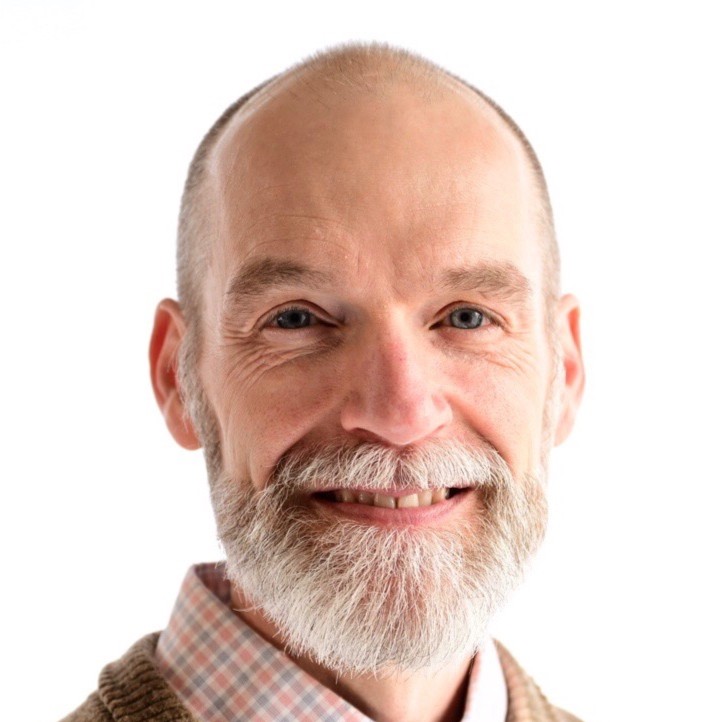 David Hughes is the Principal Graph Consultant for Graphable. He has 10 years of experience designing and building graph solutions which surface meaningful insights. His background includes clinical practice, medical research, software development, and cloud architecture. David has worked in healthcare and biotech within the intensive care, interventional radiology, oncology, cardiology, and proteomics domains. He enjoys endurance running, hiking, and spending time with his family in the outdoors when he is not enabling clients to have data epiphanies from their complex data.
David Hughes is the Principal Graph Consultant for Graphable. He has 10 years of experience designing and building graph solutions which surface meaningful insights. His background includes clinical practice, medical research, software development, and cloud architecture. David has worked in healthcare and biotech within the intensive care, interventional radiology, oncology, cardiology, and proteomics domains. He enjoys endurance running, hiking, and spending time with his family in the outdoors when he is not enabling clients to have data epiphanies from their complex data.
David will be presenting the following session: Clinical trials exploration: surfacing a clinical application from a larger Bio-Pharma KnowledgeGraph
Joey Jablonski ( Austin ) @jrjablo
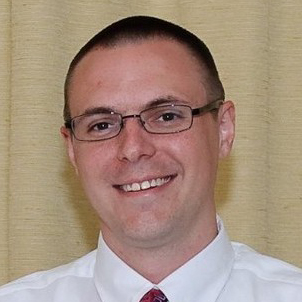 Joey Jablonski (LinkedIn) is VP of Analytics at Pythian, he leads strategic engagements assisting customers in developing their data strategy, defining and executing on data governance programs and building analytical models to power the modern data-driven organization. Prior to Pythian, Joey was VP of Product at Manifold, where he brought a product mind-set is part of all engagements—allowing for delivery of value quickly in any project, and building over time to drive adoption of new data-centric capabilities in an organization. Joey led engagements across industries including high tech, pharmaceuticals and for the federal government. Before Manifold, Joey held executive leadership positions at Northwestern Mutual, iHeartMedia and Cloud Technology Partners. He brings 20+ years of experience in software engineering, high performance computing, cyber security, data governance and data engineering.
Joey Jablonski (LinkedIn) is VP of Analytics at Pythian, he leads strategic engagements assisting customers in developing their data strategy, defining and executing on data governance programs and building analytical models to power the modern data-driven organization. Prior to Pythian, Joey was VP of Product at Manifold, where he brought a product mind-set is part of all engagements—allowing for delivery of value quickly in any project, and building over time to drive adoption of new data-centric capabilities in an organization. Joey led engagements across industries including high tech, pharmaceuticals and for the federal government. Before Manifold, Joey held executive leadership positions at Northwestern Mutual, iHeartMedia and Cloud Technology Partners. He brings 20+ years of experience in software engineering, high performance computing, cyber security, data governance and data engineering.
Joey will be presenting the following session: Approaches to Modern Data Governance
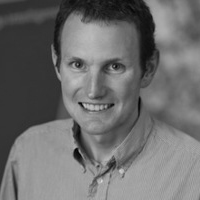 Corey Lanum (LinkedIn), has a distinguished background in graph visualization. Over the last 15 years he has managed technical and business relationships with dozens of the largest defense and intelligence agencies in North America, in addition to working with many security and anti-fraud organizations in private industry. Prior to joining Cambridge Intelligence as their US Manager, Corey was helping the customers of i2 (now IBM) and SS8 to solve their most complex graph data challenges.
Corey Lanum (LinkedIn), has a distinguished background in graph visualization. Over the last 15 years he has managed technical and business relationships with dozens of the largest defense and intelligence agencies in North America, in addition to working with many security and anti-fraud organizations in private industry. Prior to joining Cambridge Intelligence as their US Manager, Corey was helping the customers of i2 (now IBM) and SS8 to solve their most complex graph data challenges.
Corey is the author of Visualizing Graph Data from Manning Publications.
Cory will present the following session: Visual timeline analytics: applying concepts from graph theory to timeline and time series data
Ryan Mitchell (Boston) @Kludgist
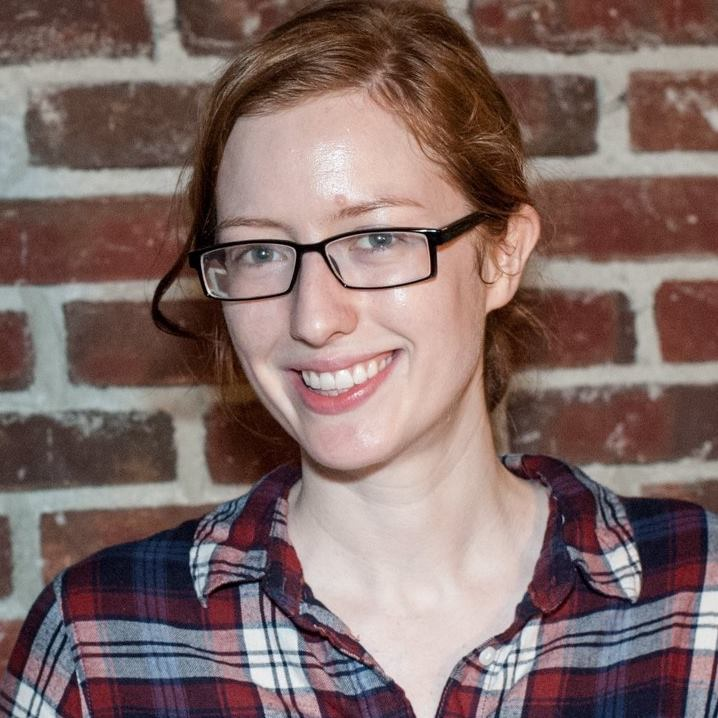 An expert in web scraping, web security, and data science, Ryan Mitchell has hosted workshops and spoken at many events, including Data Day and DEF CON. She teaches web programming and data science and has taught and designed courses at Northeastern University and Olin College of Engineering. Ryan holds a master’s degree in software engineering from Harvard University Extension School and is currently a senior software engineer at the Gerson Lehrman Group where she creates data science tools. Ryan is the author of Web Scraping with Python (O’Reilly) and Instant Web Scraping with Java (Packt Publishing), as well as two Linkedin courses: Python Data Structures with Trees and Web Scraping with Python.
An expert in web scraping, web security, and data science, Ryan Mitchell has hosted workshops and spoken at many events, including Data Day and DEF CON. She teaches web programming and data science and has taught and designed courses at Northeastern University and Olin College of Engineering. Ryan holds a master’s degree in software engineering from Harvard University Extension School and is currently a senior software engineer at the Gerson Lehrman Group where she creates data science tools. Ryan is the author of Web Scraping with Python (O’Reilly) and Instant Web Scraping with Java (Packt Publishing), as well as two Linkedin courses: Python Data Structures with Trees and Web Scraping with Python.
Ryan will be presenting the following session: What is Truth? - Strategies for managing semantic triples in large complex systems
Jonathan Mugan (Austin) @jmugan
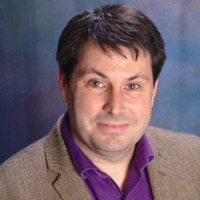 Jonathan Mugan (Linkedin) is a researcher specializing in artificial intelligence, machine learning, and natural language processing. His current research focuses in the area of deep learning for natural language generation and understanding. Dr. Mugan received his Ph.D. in Computer Science from the University of Texas at Austin. His thesis was centered in developmental robotics, which is an area of research that seeks to understand how robots can learn about the world in the same way that human children do. Dr. Mugan also held a post-doctoral position at Carnegie Mellon University, where he worked at the intersection of machine learning and human-computer interaction. One of the most requested speakers at the Data Day Texas conferences, he recently also spoke on the topic of NLP at the O’Reilly AI conference, and is the creator of the O’Reilly video course Natural Language Text Processing with Python. Dr. Mugan is also the author of The Curiosity Cycle: Preparing Your Child for the Ongoing Technological Explosion.
Jonathan Mugan (Linkedin) is a researcher specializing in artificial intelligence, machine learning, and natural language processing. His current research focuses in the area of deep learning for natural language generation and understanding. Dr. Mugan received his Ph.D. in Computer Science from the University of Texas at Austin. His thesis was centered in developmental robotics, which is an area of research that seeks to understand how robots can learn about the world in the same way that human children do. Dr. Mugan also held a post-doctoral position at Carnegie Mellon University, where he worked at the intersection of machine learning and human-computer interaction. One of the most requested speakers at the Data Day Texas conferences, he recently also spoke on the topic of NLP at the O’Reilly AI conference, and is the creator of the O’Reilly video course Natural Language Text Processing with Python. Dr. Mugan is also the author of The Curiosity Cycle: Preparing Your Child for the Ongoing Technological Explosion.
Jonathan will be presenting the following session: A Path to Strong AI
Sean Robinson (Charlotte)
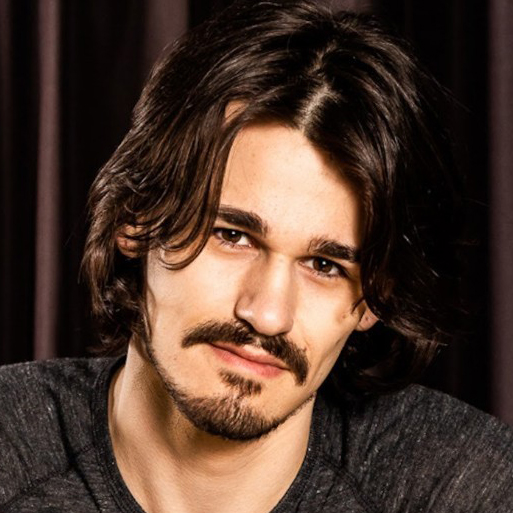 Sean Robinson is a versatile data scientist with several years of experience optimizing data processes and building intelligent data systems. Specifically, he specializes in the use of graph data science and Neo4j to abstract complex systems within a domain into a highly dimensional, interconnected knowledge graphs to uncover novel insights which would otherwise remain dormant in other data structures. Sean currently serves both as Lead Data Scientist at Graphable as well as creating and instructing new network science courses at the University of North Carolina at Charlotte’s Data Science graduate program where he instructs the next generation of data scientists on how to integrate graph data science into their toolkit.
Sean Robinson is a versatile data scientist with several years of experience optimizing data processes and building intelligent data systems. Specifically, he specializes in the use of graph data science and Neo4j to abstract complex systems within a domain into a highly dimensional, interconnected knowledge graphs to uncover novel insights which would otherwise remain dormant in other data structures. Sean currently serves both as Lead Data Scientist at Graphable as well as creating and instructing new network science courses at the University of North Carolina at Charlotte’s Data Science graduate program where he instructs the next generation of data scientists on how to integrate graph data science into their toolkit.
Sean will be presenting the following session: History of Network Science - A Look at How Networks Have Connected Us
Dr. Bivin Sadler (Dallas)
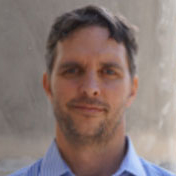 Originally from Dallas Texas, Dr. Bivin Sadler finished a BS in mathematics magna cum laude from Texas Tech University before beginning his professional career in Scottsdale, Arizona, at Motorola. He worked as a statistician and software engineer for 2.5 years, working primarily on a companywide tool to predict when software projects could be released with optimal statistical properties (Six Sigma). Upon completion of the project, he moved to San Diego, and while playing professional beach volleyball for two years, finished a master’s degree in applied math at San Diego State University. He then moved back to Dallas to earn a PhD in statistics from SMU and finished his degree in 2014 after winning the Walsh Award for the top score on the qualifying exam taken after the third year of coursework.
Originally from Dallas Texas, Dr. Bivin Sadler finished a BS in mathematics magna cum laude from Texas Tech University before beginning his professional career in Scottsdale, Arizona, at Motorola. He worked as a statistician and software engineer for 2.5 years, working primarily on a companywide tool to predict when software projects could be released with optimal statistical properties (Six Sigma). Upon completion of the project, he moved to San Diego, and while playing professional beach volleyball for two years, finished a master’s degree in applied math at San Diego State University. He then moved back to Dallas to earn a PhD in statistics from SMU and finished his degree in 2014 after winning the Walsh Award for the top score on the qualifying exam taken after the third year of coursework.
Dr. Sadler was hired as part of the faculty at SMU after graduation and began a dual appointment teaching both undergraduate and graduate classes in the statistics department and online with the recently formed Master of Science in Data Science (MSDS) program. Academically, he has presented his work in item response theory at various conferences and is currently working on several domestic and international consulting projects. He became a full-time member of the MSDS faculty in August 2018 and, in addition to consulting projects and teaching, actively contributes towards developing new courses and enhancing existing ones at the SMU MSDS program.
Bivin will host the following session: A Comparison of Deep Learning Versus Parametric Time Series Models
Jörg Schad (Berlin / San Francisco) @joerg_schad
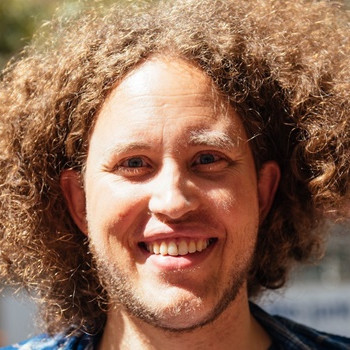 Jörg Schad (Linkedin / GitHub) is CTO at ArangoDB where he splits his time between Berlin and San Francisco. Prior to ArangoDB, he was Technical Community Lead and Distributed Systems Engineer at Mesosphere, and Big Data Engineer at SAP. Jörg received his Ph.D. at Universität des Saarlandes for research around distributed databases and data analytics.
Jörg Schad (Linkedin / GitHub) is CTO at ArangoDB where he splits his time between Berlin and San Francisco. Prior to ArangoDB, he was Technical Community Lead and Distributed Systems Engineer at Mesosphere, and Big Data Engineer at SAP. Jörg received his Ph.D. at Universität des Saarlandes for research around distributed databases and data analytics.
Jörg will host the following session: It was the best of Graph, it was the worst of Graph - Choosing between Graph ML and Graph Analytics
Joshua Shinavier (San Francisco) @joshsh
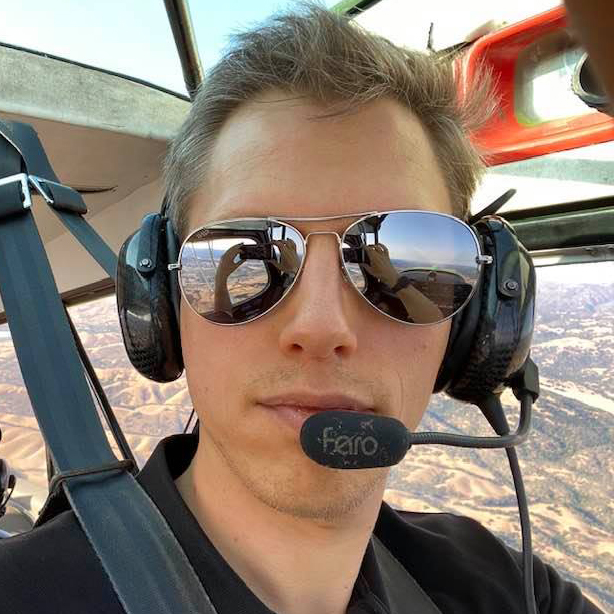 As a co-founder of what is now Apache TinkerPop, Joshua Shinavier contributed to the first common APIs for graph databases, the original TinkerPop query language which influenced Gremlin, and the first tools which aligned the property graph and RDF data models, starting with neo4j-rdf-sail in 2008. As a Research Scientist at Uber, he led development of the Dragon data integration platform. Joshua is host of The Graph Show, and co-organizer of the Bay Area Category Theory meetup. Joshua holds a PhD in computer science from RPI's Tetherless World Constellation, where he focused on combining knowledge graphs with augmented reality.
As a co-founder of what is now Apache TinkerPop, Joshua Shinavier contributed to the first common APIs for graph databases, the original TinkerPop query language which influenced Gremlin, and the first tools which aligned the property graph and RDF data models, starting with neo4j-rdf-sail in 2008. As a Research Scientist at Uber, he led development of the Dragon data integration platform. Joshua is host of The Graph Show, and co-organizer of the Bay Area Category Theory meetup. Joshua holds a PhD in computer science from RPI's Tetherless World Constellation, where he focused on combining knowledge graphs with augmented reality.
Josh will host the following session: Transpilers gone wild: announcing Hydra.
Ryan Wisnesky (Cambridge, Massachusetts )
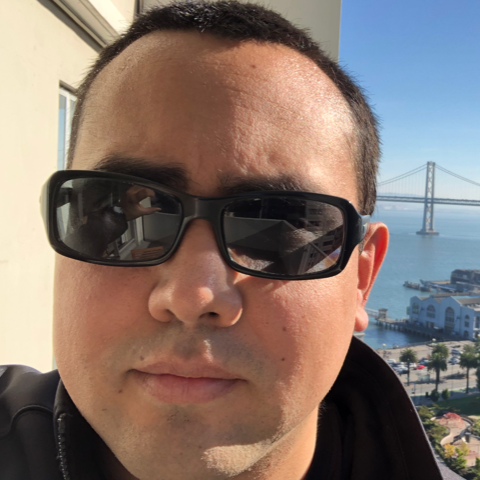 Ryan Wisnesky (LinkedIn) obtained B.S. and M.S. degrees in mathematics and computer science from Stanford University and a Ph.D. in computer science from Harvard University, where he studied the design and implementation of provably correct software systems. Previously, he was a postdoctoral associate in the MIT department of mathematics, where he developed the categorical query language CQL. He currently leads open-source and commercial development of CQL as CTO of Conexus AI. He maintains an active collaboration with the information-integration department of IBM Research, where he contributed to the Clio, Orchid, and HIL projects.
Ryan Wisnesky (LinkedIn) obtained B.S. and M.S. degrees in mathematics and computer science from Stanford University and a Ph.D. in computer science from Harvard University, where he studied the design and implementation of provably correct software systems. Previously, he was a postdoctoral associate in the MIT department of mathematics, where he developed the categorical query language CQL. He currently leads open-source and commercial development of CQL as CTO of Conexus AI. He maintains an active collaboration with the information-integration department of IBM Research, where he contributed to the Clio, Orchid, and HIL projects.
Ryan will participate in the following panel: How do you scale a Knowledge Graph when there is no consensus?
Michael Zelenetz (Long Island)
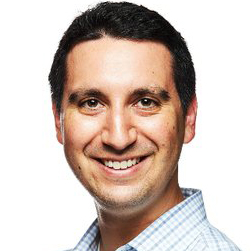 Michael Zelenetz is a software engineer at Peak6 Investments. Prior to Peak6 he led data science teams in two hospitals. He is interested in building data-enabled products. He holds a masters from Harvard University and BA from Yeshiva University.
Michael Zelenetz is a software engineer at Peak6 Investments. Prior to Peak6 he led data science teams in two hospitals. He is interested in building data-enabled products. He holds a masters from Harvard University and BA from Yeshiva University.
Michael will host the following BI / Data Science session: This Dashboard Should Have Been a Meeting.
Sachin Sharma (Kaiserslautern)
 Sachin Sharma is a Machine Learning Research Engineer at ArangoDB whose aim is to build Intelligent products using thorough research and engineering in the area of Graph Machine Learning. He completed his Masters’s degree in Computer Science with a specialization in Intelligent Systems. He is an AI Enthusiast who has conducted research in the areas of Computer Vision, NLP, and Graph Neural Networks at DFKI (German Research Centre for AI) during his academic career. Sachin also worked on building Machine Learning pipelines at Define Media Gmbh where he worked as a Machine Learning Engineer and Scientist.
Sachin Sharma is a Machine Learning Research Engineer at ArangoDB whose aim is to build Intelligent products using thorough research and engineering in the area of Graph Machine Learning. He completed his Masters’s degree in Computer Science with a specialization in Intelligent Systems. He is an AI Enthusiast who has conducted research in the areas of Computer Vision, NLP, and Graph Neural Networks at DFKI (German Research Centre for AI) during his academic career. Sachin also worked on building Machine Learning pipelines at Define Media Gmbh where he worked as a Machine Learning Engineer and Scientist.
Sachin will host the following hands-on 90 minute worksop: Graph Neural Networks with PyTorch Geometric and ArangoDB.
Brandon Baylor (Houston)
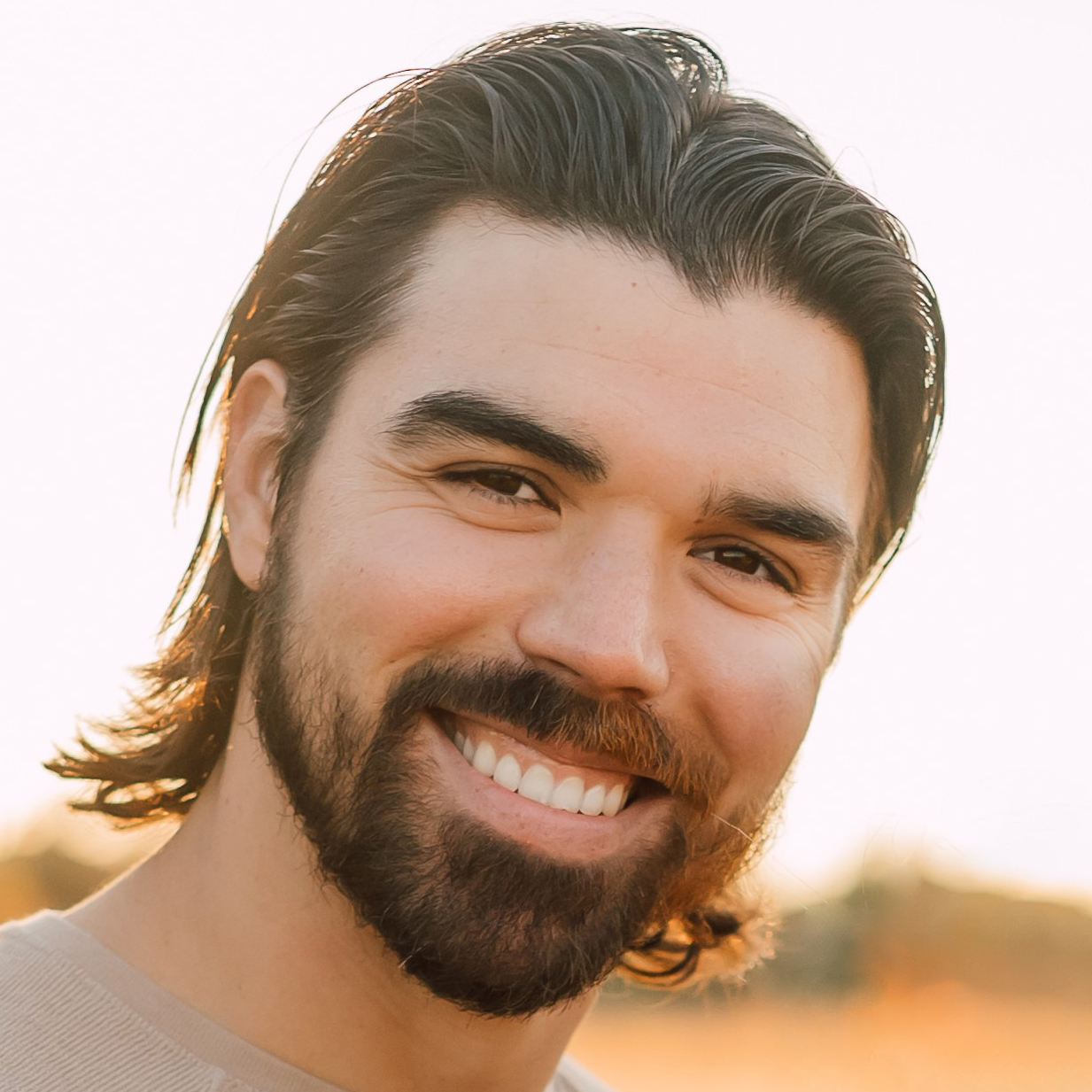 Brandon Baylor is a Systems Engineer at Chevron, where he brings the principles and processes of composition to transform the energy industry. His multi-disciplinary experience working with international business units spans design, operations, safety, software, and human systems. As a longtime engineer, he is exploring ways to design and build systems that can deal with complexity in an integrated way and at a global scale. Brandon received his B.S. in Petroleum Engineering from Marietta College and his M.S. from Massachusetts Institute of Technology, where he is a System Design & Management Fellow. Brandon is also an author. His upcoming book, A Categorical Defense of Our Future, is set to be launched this August. In it, he and his co-author imagine a new foundation for engineering and point the way toward the complete paradigm shift that is required in order to save us from ourselves. It is a firsthand story of the difficulties of living in harmony with the systems we create.
Brandon Baylor is a Systems Engineer at Chevron, where he brings the principles and processes of composition to transform the energy industry. His multi-disciplinary experience working with international business units spans design, operations, safety, software, and human systems. As a longtime engineer, he is exploring ways to design and build systems that can deal with complexity in an integrated way and at a global scale. Brandon received his B.S. in Petroleum Engineering from Marietta College and his M.S. from Massachusetts Institute of Technology, where he is a System Design & Management Fellow. Brandon is also an author. His upcoming book, A Categorical Defense of Our Future, is set to be launched this August. In it, he and his co-author imagine a new foundation for engineering and point the way toward the complete paradigm shift that is required in order to save us from ourselves. It is a firsthand story of the difficulties of living in harmony with the systems we create.
Brandon will participate in the following panel: How do you scale a Knowledge Graph when there is no consensus?
James Hansen (Houston)
 James Hansen works as a Wells Engineer in the Upstream function at Chevron where he employs his hybrid digital and engineering skillset to transform traditional workflows by creating tools that unite disparate processes, conducted by cross-functional teams across the globe. He leads Chevron’s Systems Engineering CoP’s book club, currently exploring the advantages of categorical systems to address complexity at scale.
James Hansen works as a Wells Engineer in the Upstream function at Chevron where he employs his hybrid digital and engineering skillset to transform traditional workflows by creating tools that unite disparate processes, conducted by cross-functional teams across the globe. He leads Chevron’s Systems Engineering CoP’s book club, currently exploring the advantages of categorical systems to address complexity at scale.
Before holding the title of Wells Engineer, James held the title of Lead Field Engineer on the Deepwater Bigfoot TLP Project as well as Global Performance Engineer. During his time as a Performance Engineer, he was responsible for several initiatives that are now standard practice in the O&G industry. They include probabilistic cost and time estimation, multi-level abstraction and normalization, real-time data ingestion and analysis, business intelligence visualization, & project lifecycle management solutions. James received his B.S in Mechanical Engineering from Texas Tech University where he competed in Formula SAE & NASA’s TSGC Design Competition. James is from, and currently resides in Houston, Texas, and lives with his dog Scout.
James will participate in the following panel: How do you scale a Knowledge Graph when there is no consensus?
Chris Rossbach (Austin)
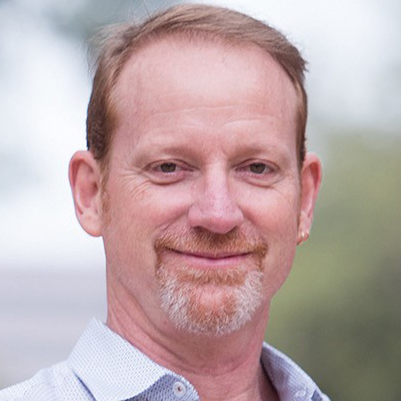 Chris Rossbach is CTO and co-founder of Katana Graph. He is also an associate professor at UT Austin Computer Science, an alumnus of VMware Research Group and Microsoft Research's Silicon Valley Lab, as well as veteran of multiple successful Silicon Valley startups. He leads the Systems, Concurrent, and Emerging Architectures Research Group (SCEA) at UT Austin and directs UT Austin CS's Honors program Computer Science and Business Program. His technical interests lie broadly in the area of distributed systems and graph computing, as well as OS, hypervisor, architectural, and PL support for parallel hardware.
Chris Rossbach is CTO and co-founder of Katana Graph. He is also an associate professor at UT Austin Computer Science, an alumnus of VMware Research Group and Microsoft Research's Silicon Valley Lab, as well as veteran of multiple successful Silicon Valley startups. He leads the Systems, Concurrent, and Emerging Architectures Research Group (SCEA) at UT Austin and directs UT Austin CS's Honors program Computer Science and Business Program. His technical interests lie broadly in the area of distributed systems and graph computing, as well as OS, hypervisor, architectural, and PL support for parallel hardware.
Michael will host the following session: Katana Graph Technical Foundations


 With two decades in the data management industry,
With two decades in the data management industry, 

 Paul Azunre
Paul Azunre

 As the Senior Director for Applied Artificial Intelligence at RelationalAI,
As the Senior Director for Applied Artificial Intelligence at RelationalAI,  >Ryan Michael
>Ryan Michael Dr. Satoru Hayasaka
Dr. Satoru Hayasaka Elliott Cordo
Elliott Cordo Andy Petrella
Andy Petrella Borislav Iordanov
Borislav Iordanov Michael Uschold
Michael Uschold Bob van Luijt
Bob van Luijt Kirk Marple
Kirk Marple Arthur Keen
Arthur Keen Leo Meyerovich
Leo Meyerovich Alexander Morrise
Alexander Morrise


 Marx De Marzi (Linkedin)
Marx De Marzi (Linkedin)
 David Hughes is the Principal Graph Consultant for Graphable. He has 10 years of experience designing and building graph solutions which surface meaningful insights. His background includes clinical practice, medical research, software development, and cloud architecture. David has worked in healthcare and biotech within the intensive care, interventional radiology, oncology, cardiology, and proteomics domains. He enjoys endurance running, hiking, and spending time with his family in the outdoors when he is not enabling clients to have data epiphanies from their complex data.
David Hughes is the Principal Graph Consultant for Graphable. He has 10 years of experience designing and building graph solutions which surface meaningful insights. His background includes clinical practice, medical research, software development, and cloud architecture. David has worked in healthcare and biotech within the intensive care, interventional radiology, oncology, cardiology, and proteomics domains. He enjoys endurance running, hiking, and spending time with his family in the outdoors when he is not enabling clients to have data epiphanies from their complex data.

 An expert in web scraping, web security, and data science, Ryan Mitchell has hosted workshops and spoken at many events, including Data Day and DEF CON. She teaches web programming and data science and has taught and designed courses at Northeastern University and Olin College of Engineering. Ryan holds a master’s degree in software engineering from Harvard University Extension School and is currently a senior software engineer at the Gerson Lehrman Group where she creates data science tools. Ryan is the author of Web Scraping with Python (O’Reilly) and Instant Web Scraping with Java (Packt Publishing), as well as two Linkedin courses: Python Data Structures with Trees and Web Scraping with Python.
An expert in web scraping, web security, and data science, Ryan Mitchell has hosted workshops and spoken at many events, including Data Day and DEF CON. She teaches web programming and data science and has taught and designed courses at Northeastern University and Olin College of Engineering. Ryan holds a master’s degree in software engineering from Harvard University Extension School and is currently a senior software engineer at the Gerson Lehrman Group where she creates data science tools. Ryan is the author of Web Scraping with Python (O’Reilly) and Instant Web Scraping with Java (Packt Publishing), as well as two Linkedin courses: Python Data Structures with Trees and Web Scraping with Python. Jonathan Mugan (Linkedin)
Jonathan Mugan (Linkedin)
 Originally from Dallas Texas,
Originally from Dallas Texas,  Jörg Schad (Linkedin / GitHub) is CTO at ArangoDB where he splits his time between Berlin and San Francisco. Prior to ArangoDB, he was Technical Community Lead and Distributed Systems Engineer at Mesosphere, and Big Data Engineer at SAP. Jörg received his Ph.D. at Universität des Saarlandes for research around distributed databases and data analytics.
Jörg Schad (Linkedin / GitHub) is CTO at ArangoDB where he splits his time between Berlin and San Francisco. Prior to ArangoDB, he was Technical Community Lead and Distributed Systems Engineer at Mesosphere, and Big Data Engineer at SAP. Jörg received his Ph.D. at Universität des Saarlandes for research around distributed databases and data analytics. As a co-founder of what is now Apache TinkerPop,
As a co-founder of what is now Apache TinkerPop,  Ryan Wisnesky (LinkedIn) obtained B.S. and M.S. degrees in mathematics and computer science from Stanford University and a Ph.D. in computer science from Harvard University, where he studied the design and implementation of provably correct software systems. Previously, he was a postdoctoral associate in the MIT department of mathematics, where he developed the categorical query language CQL. He currently leads open-source and commercial development of CQL as CTO of Conexus AI. He maintains an active collaboration with the information-integration department of IBM Research, where he contributed to the Clio, Orchid, and HIL projects.
Ryan Wisnesky (LinkedIn) obtained B.S. and M.S. degrees in mathematics and computer science from Stanford University and a Ph.D. in computer science from Harvard University, where he studied the design and implementation of provably correct software systems. Previously, he was a postdoctoral associate in the MIT department of mathematics, where he developed the categorical query language CQL. He currently leads open-source and commercial development of CQL as CTO of Conexus AI. He maintains an active collaboration with the information-integration department of IBM Research, where he contributed to the Clio, Orchid, and HIL projects.
















